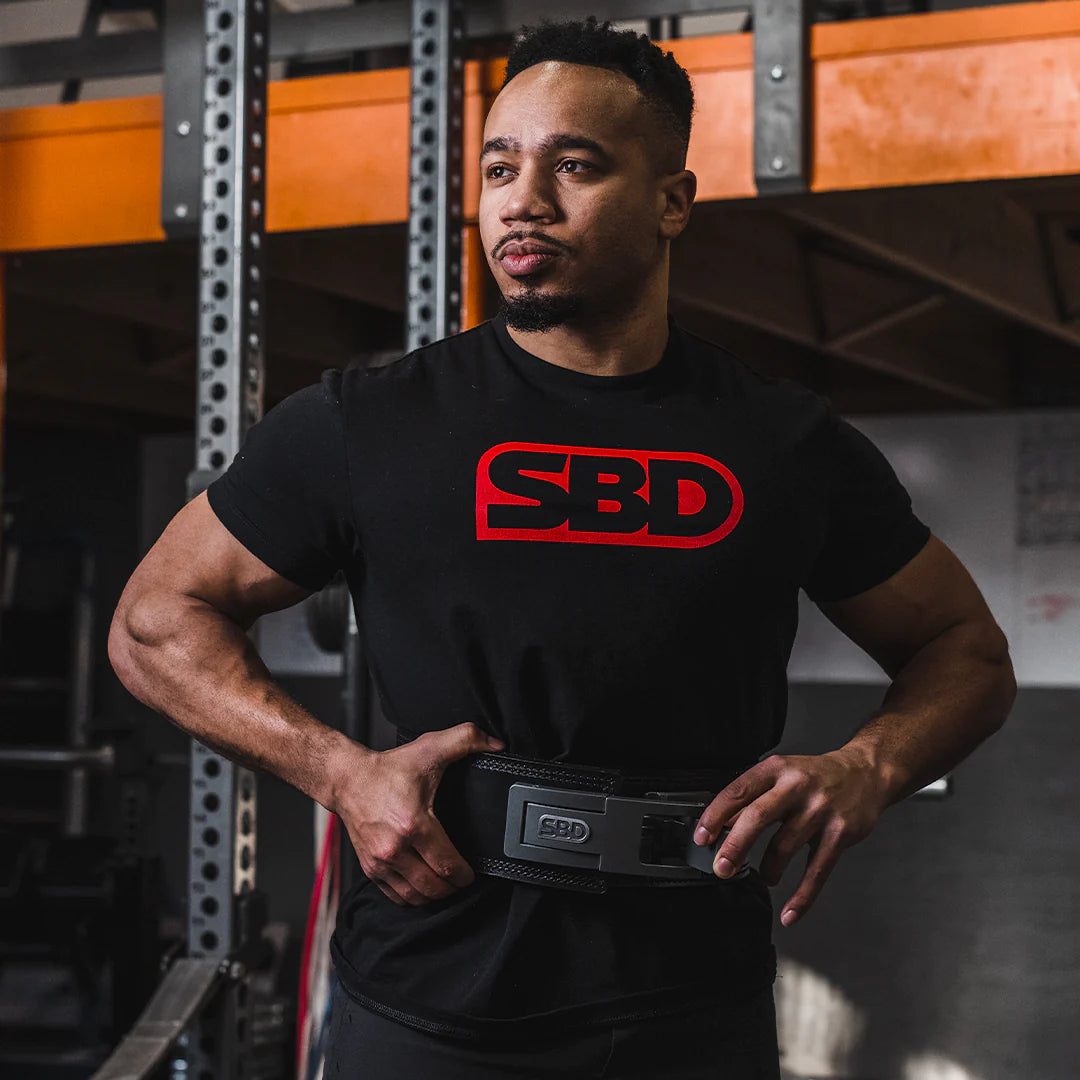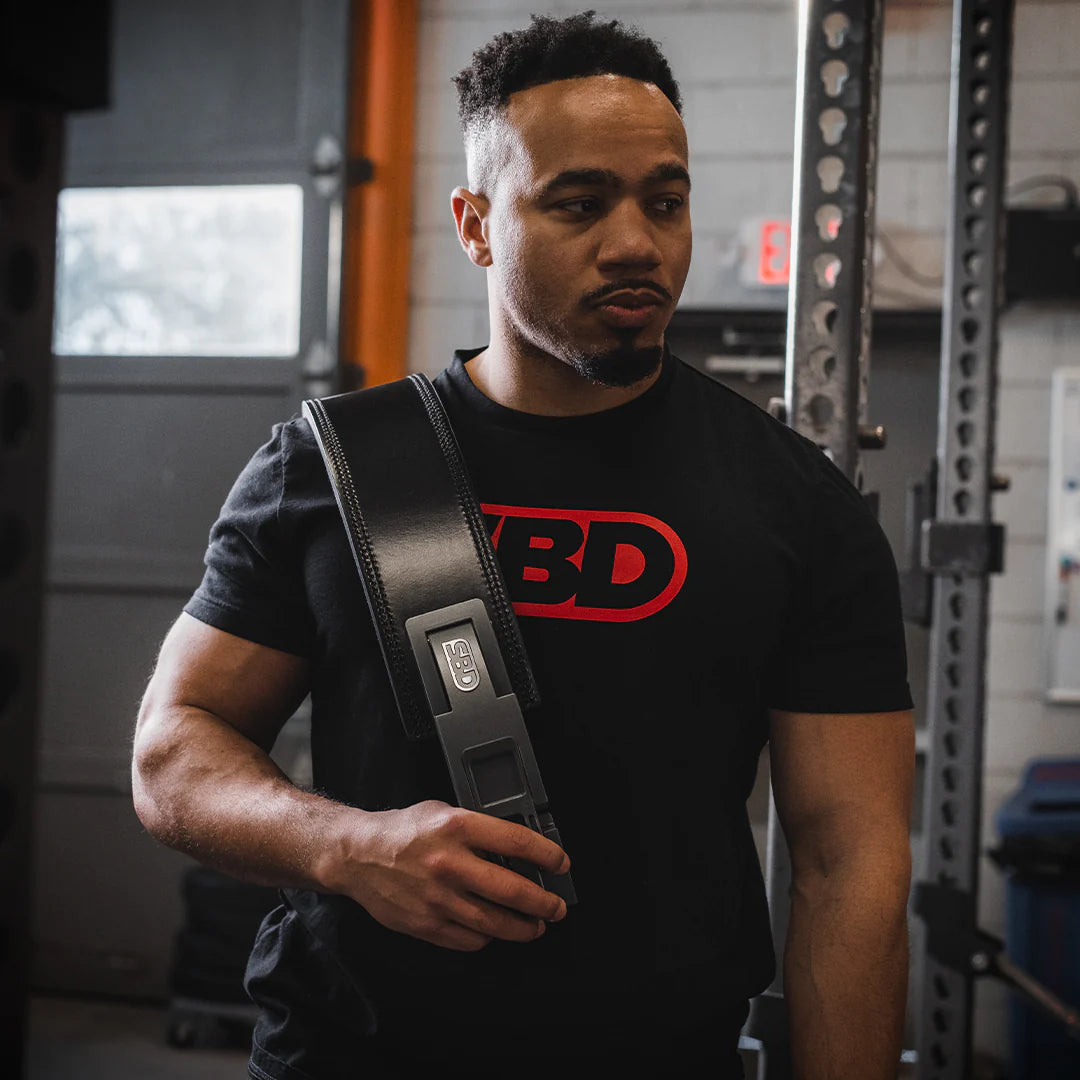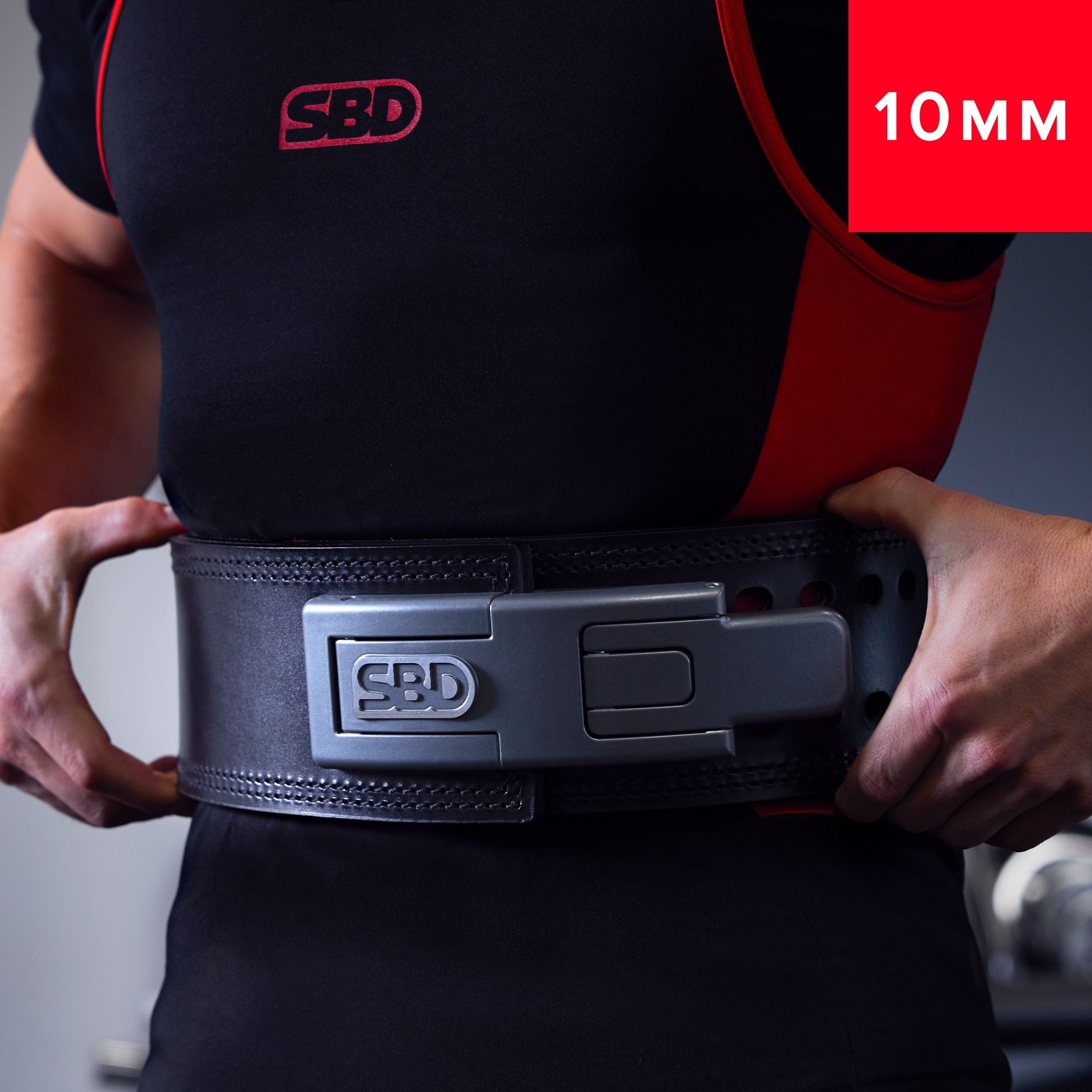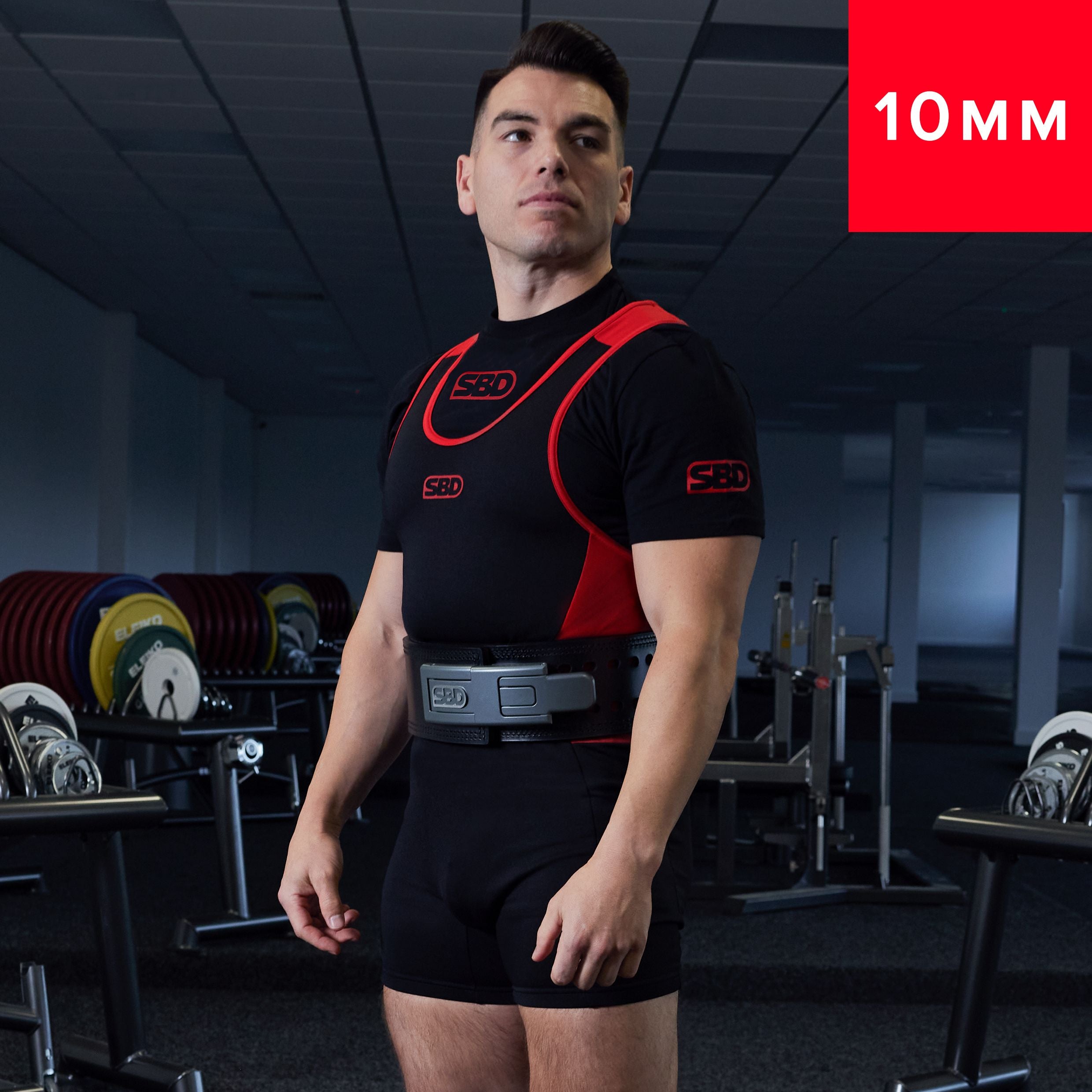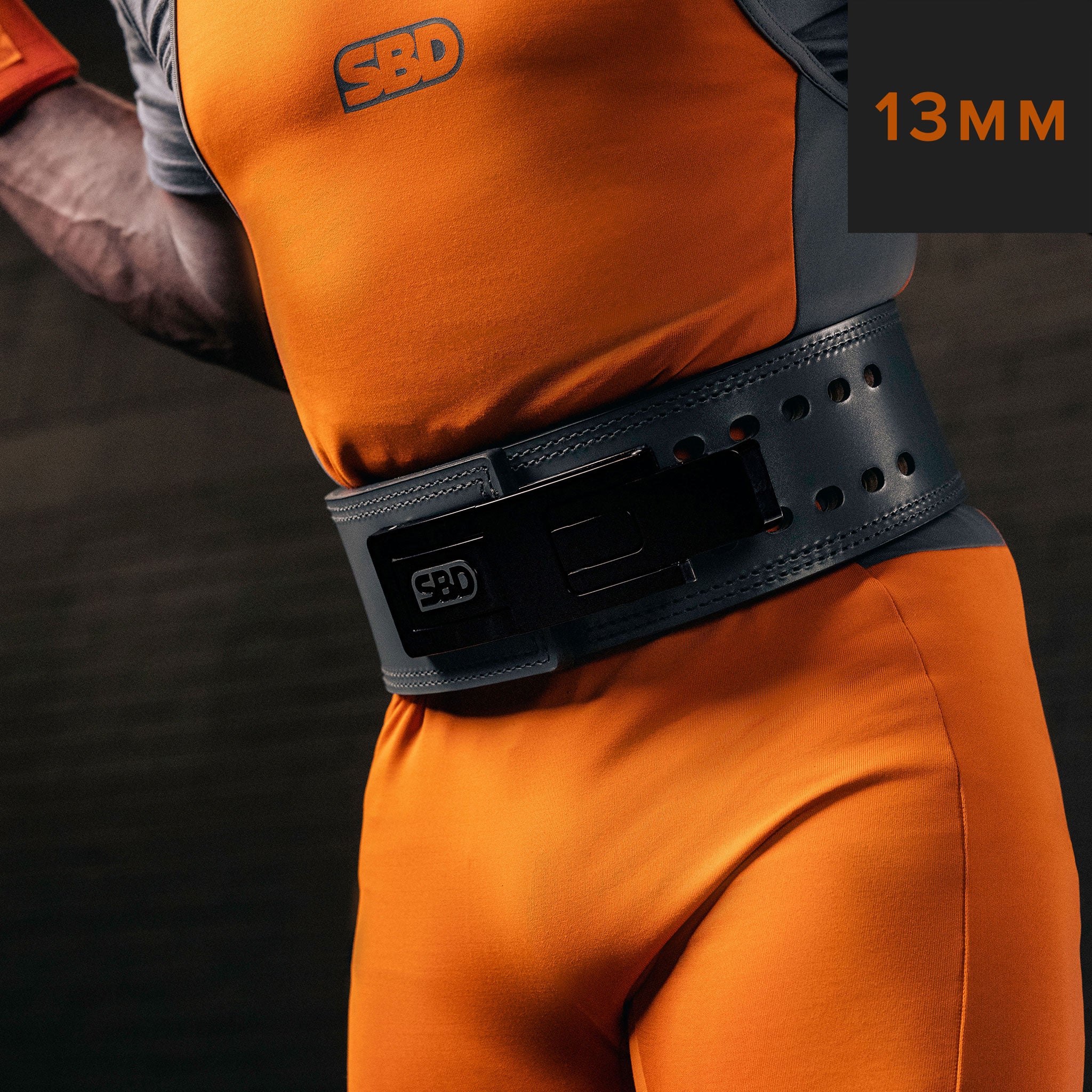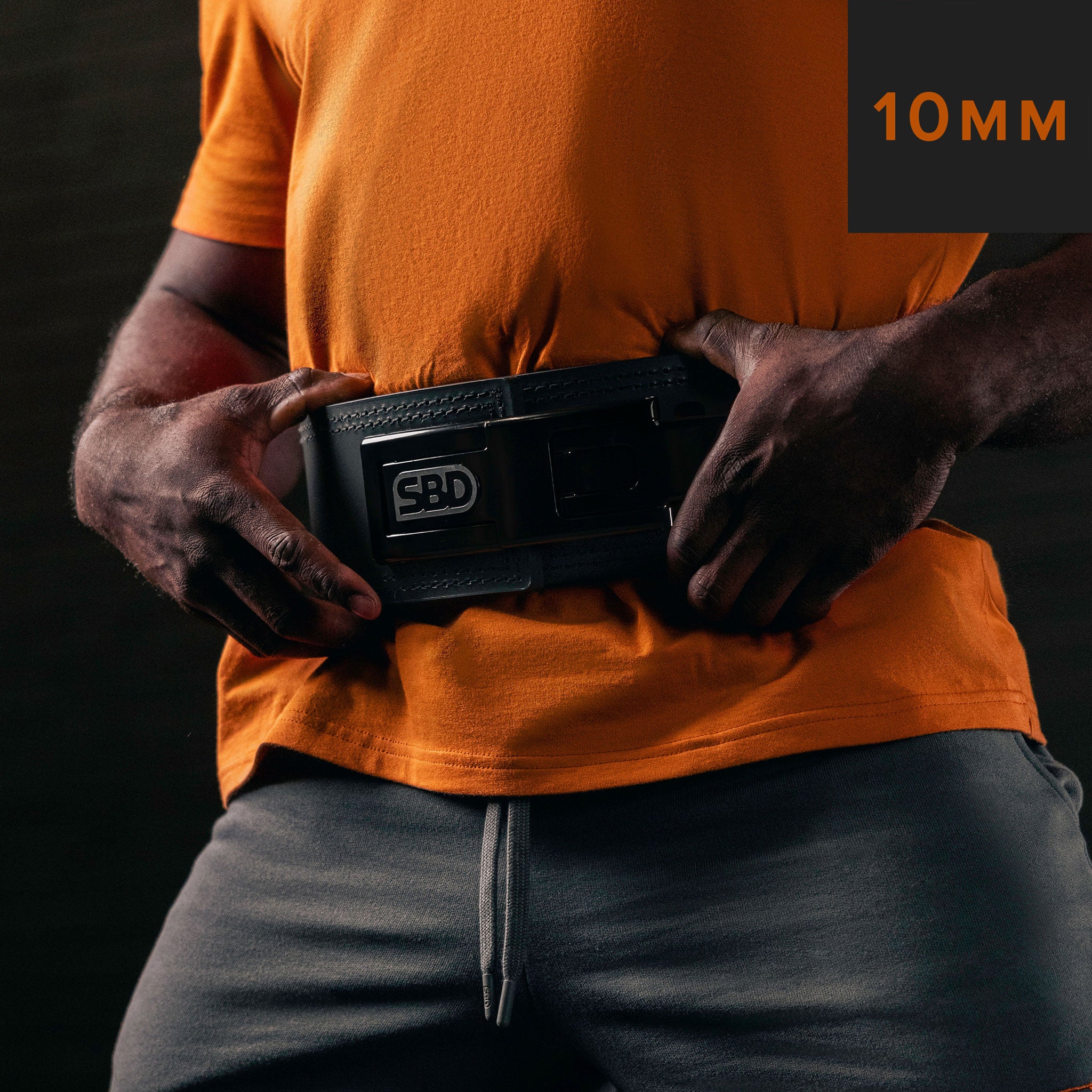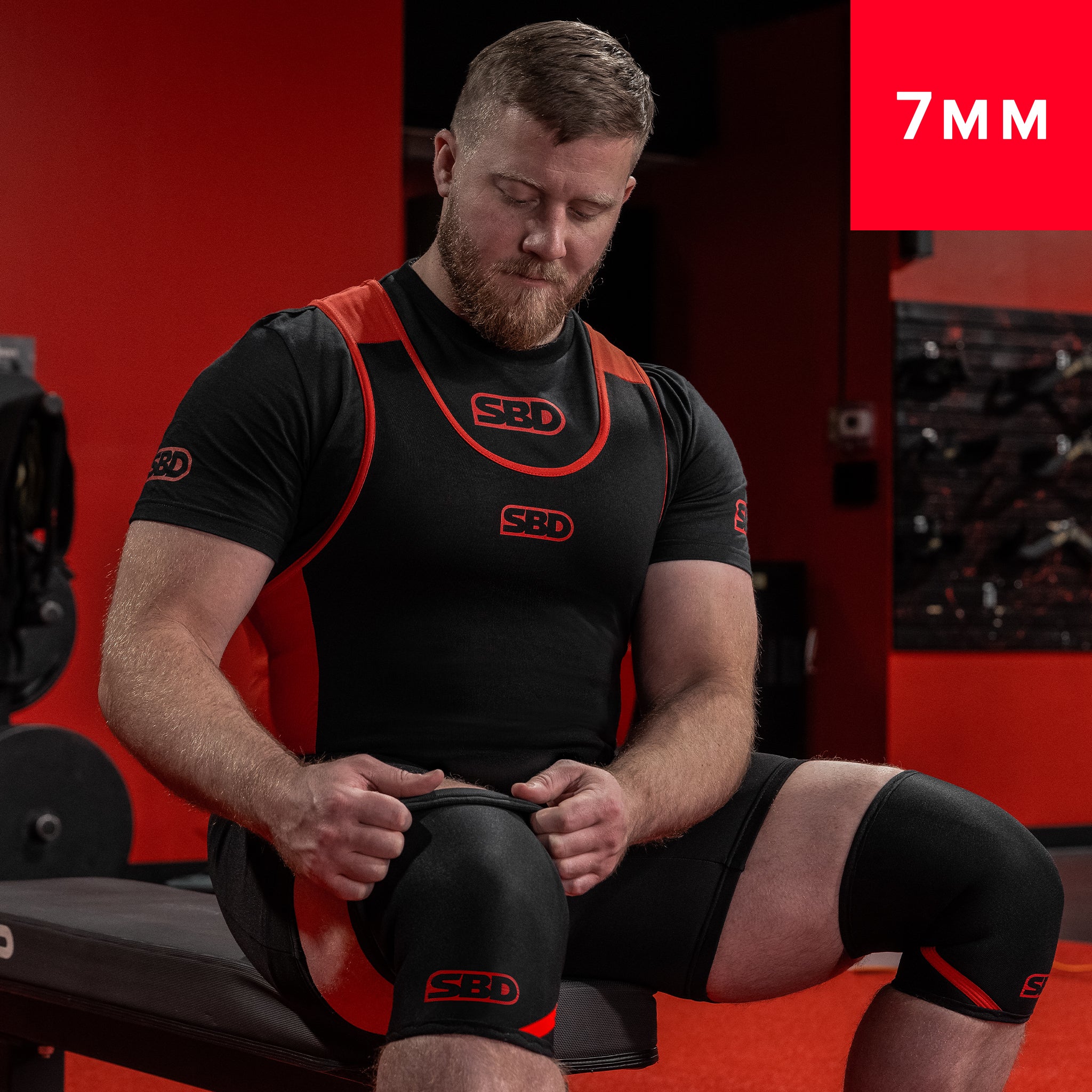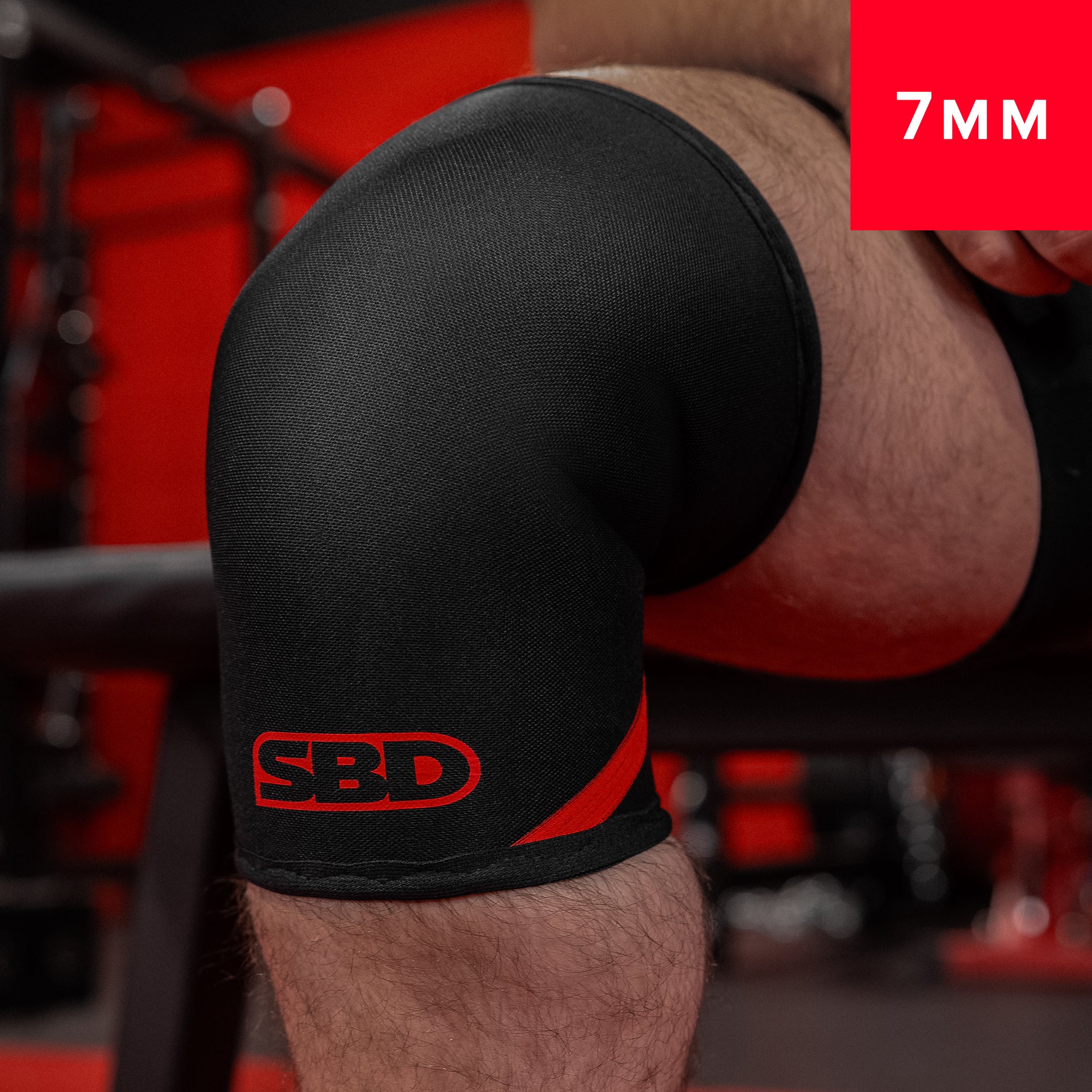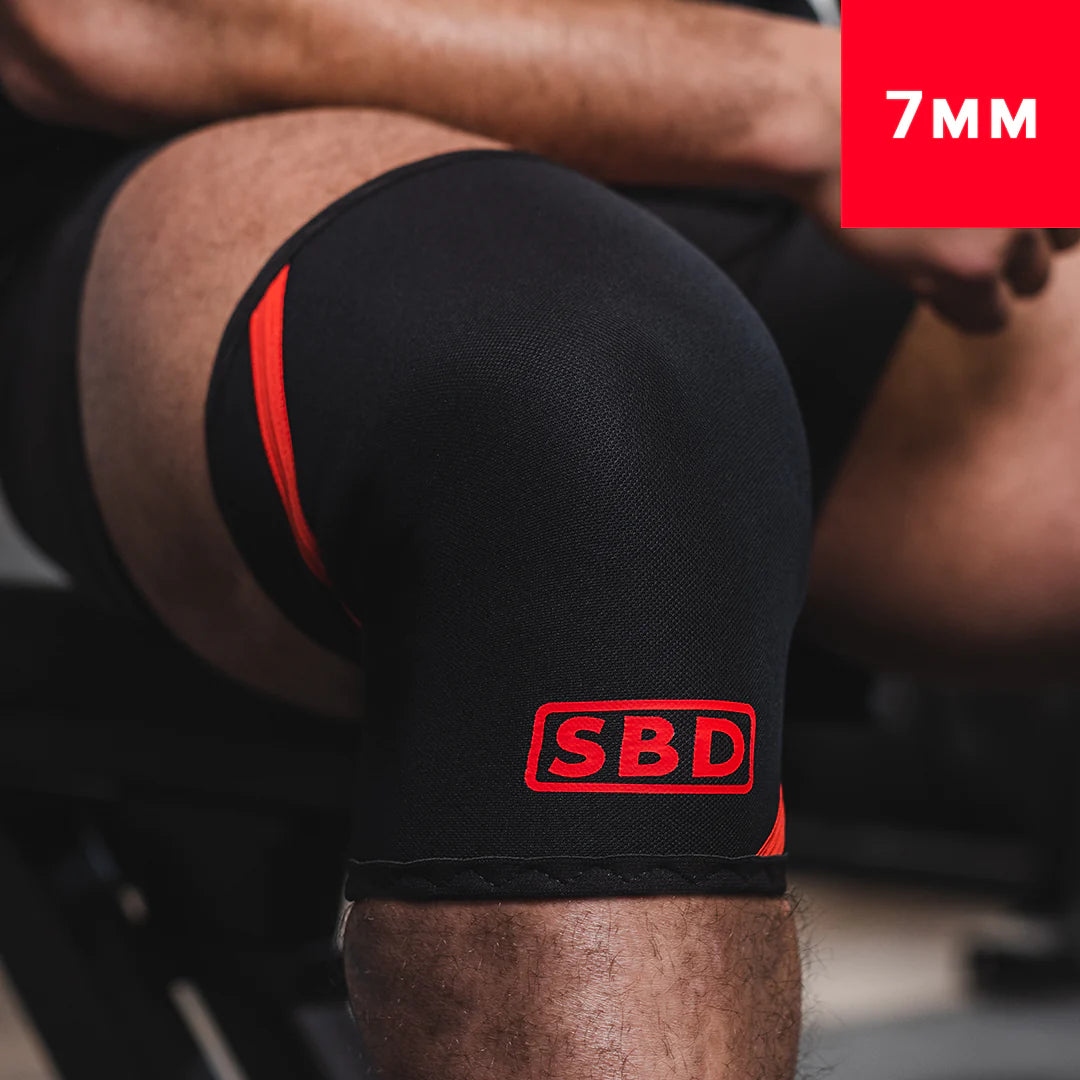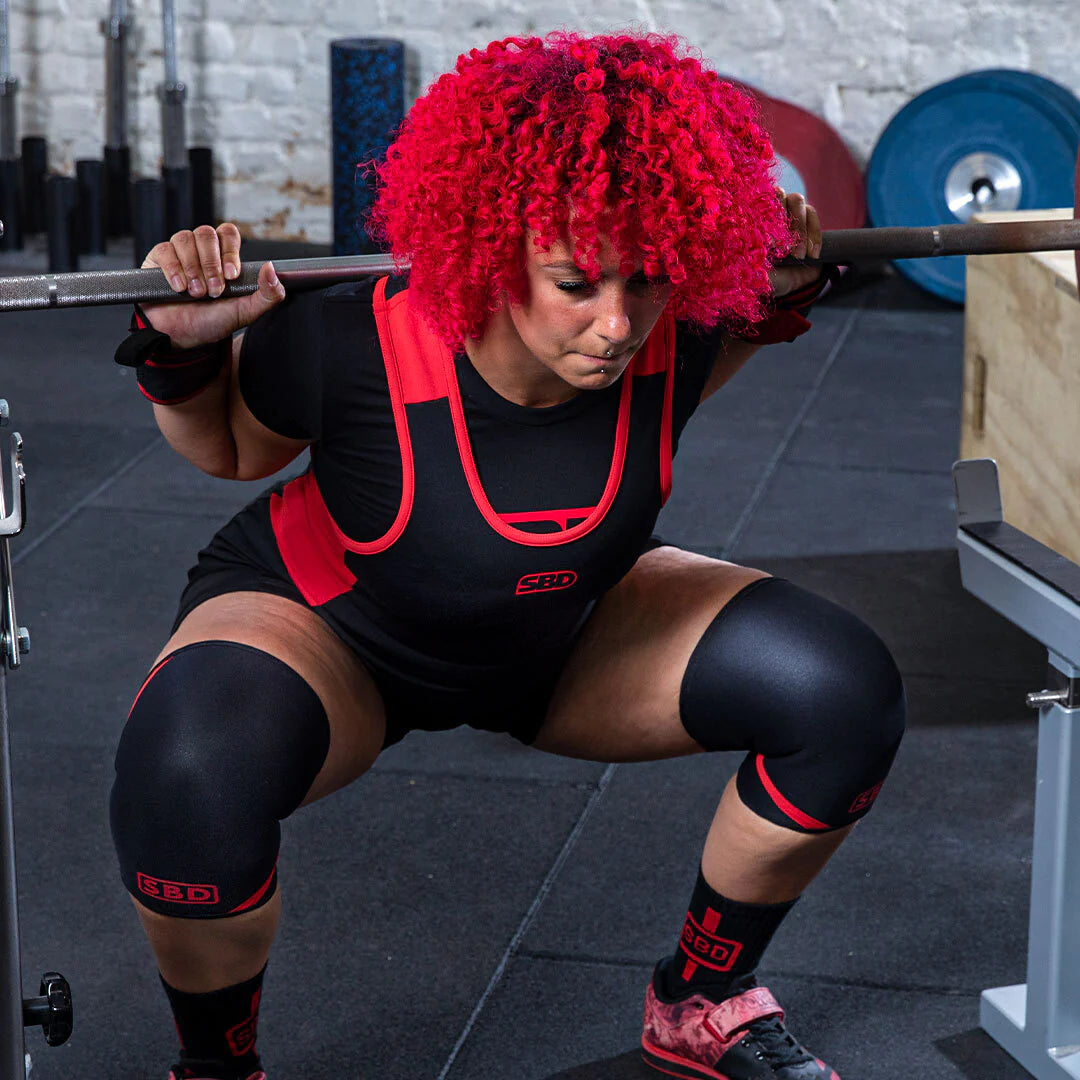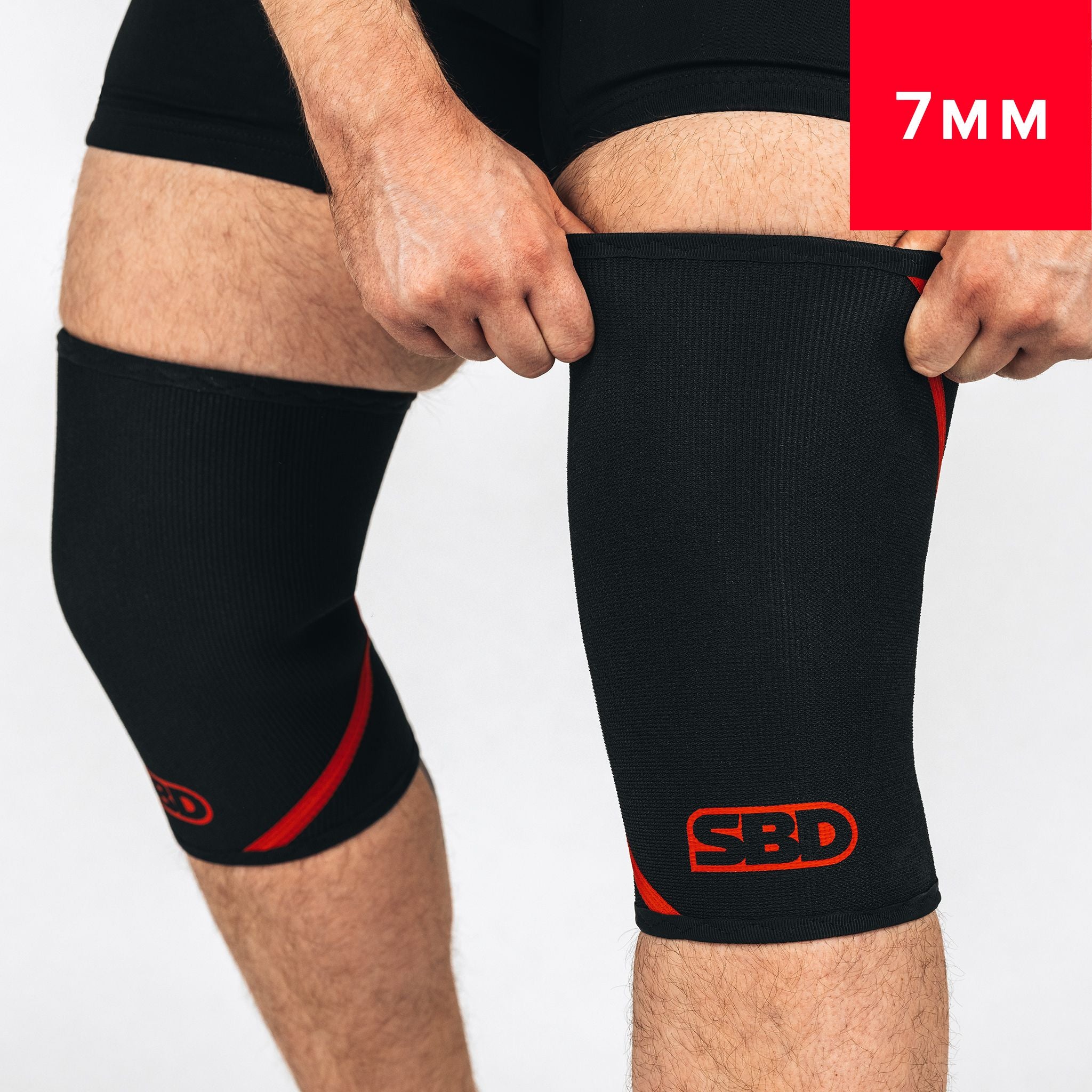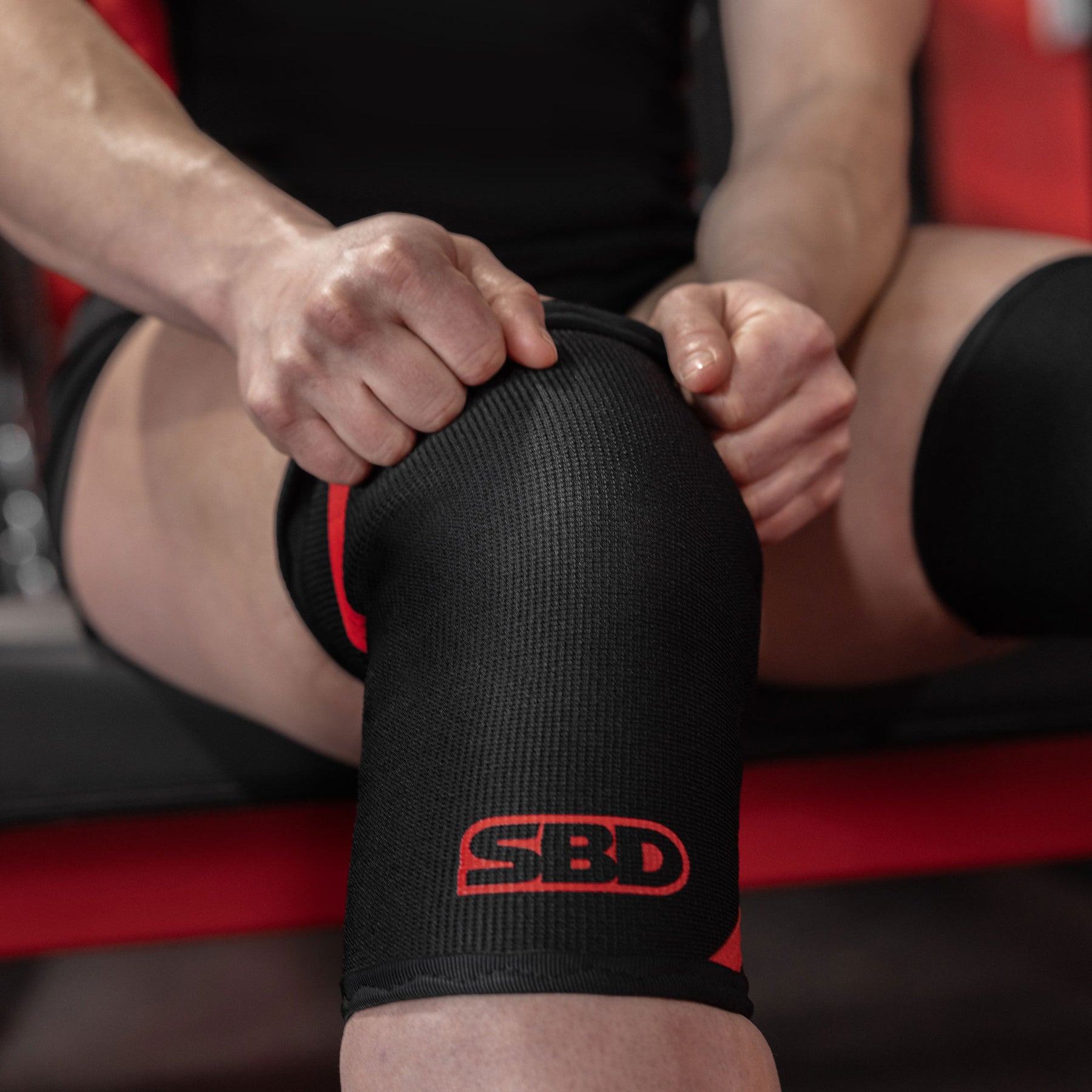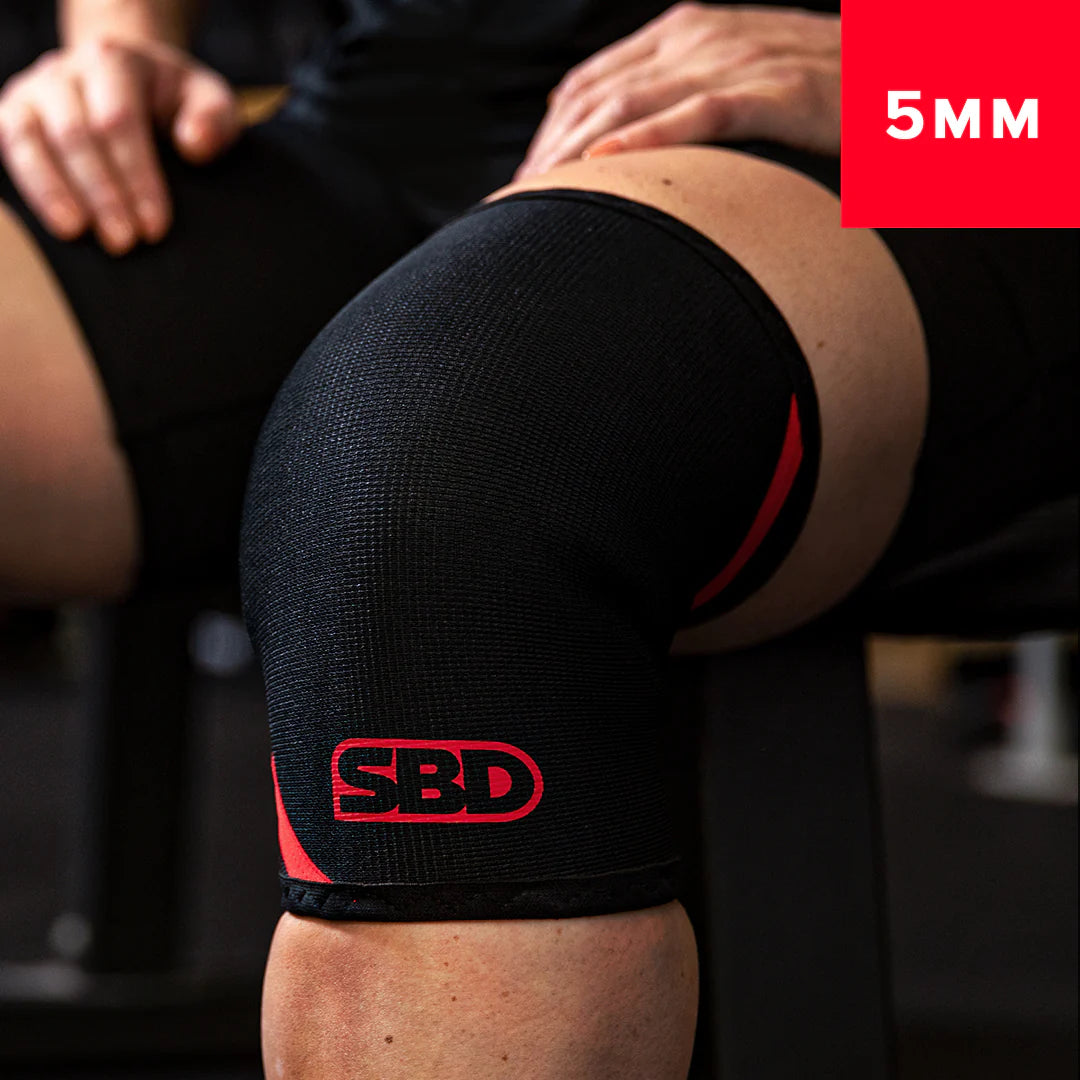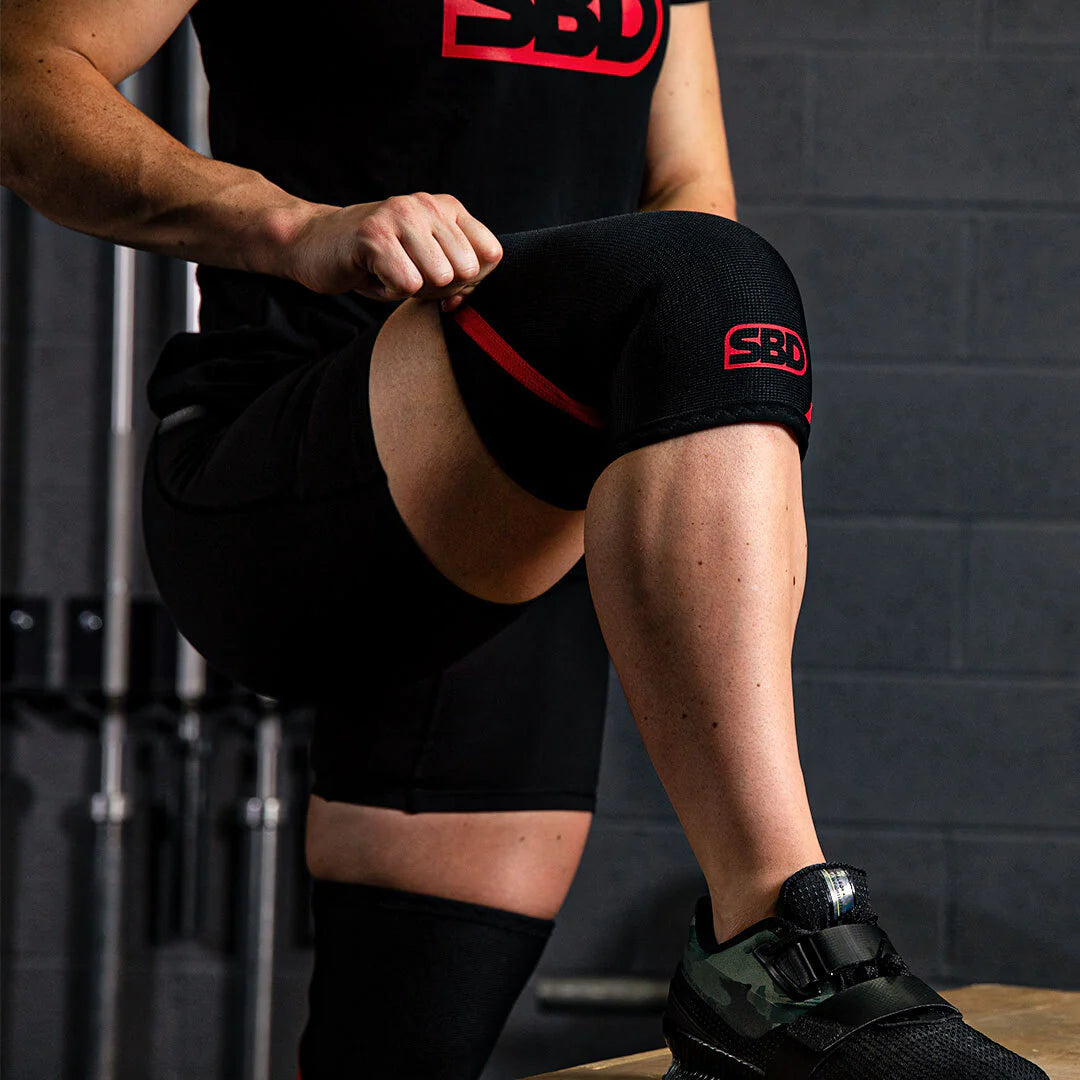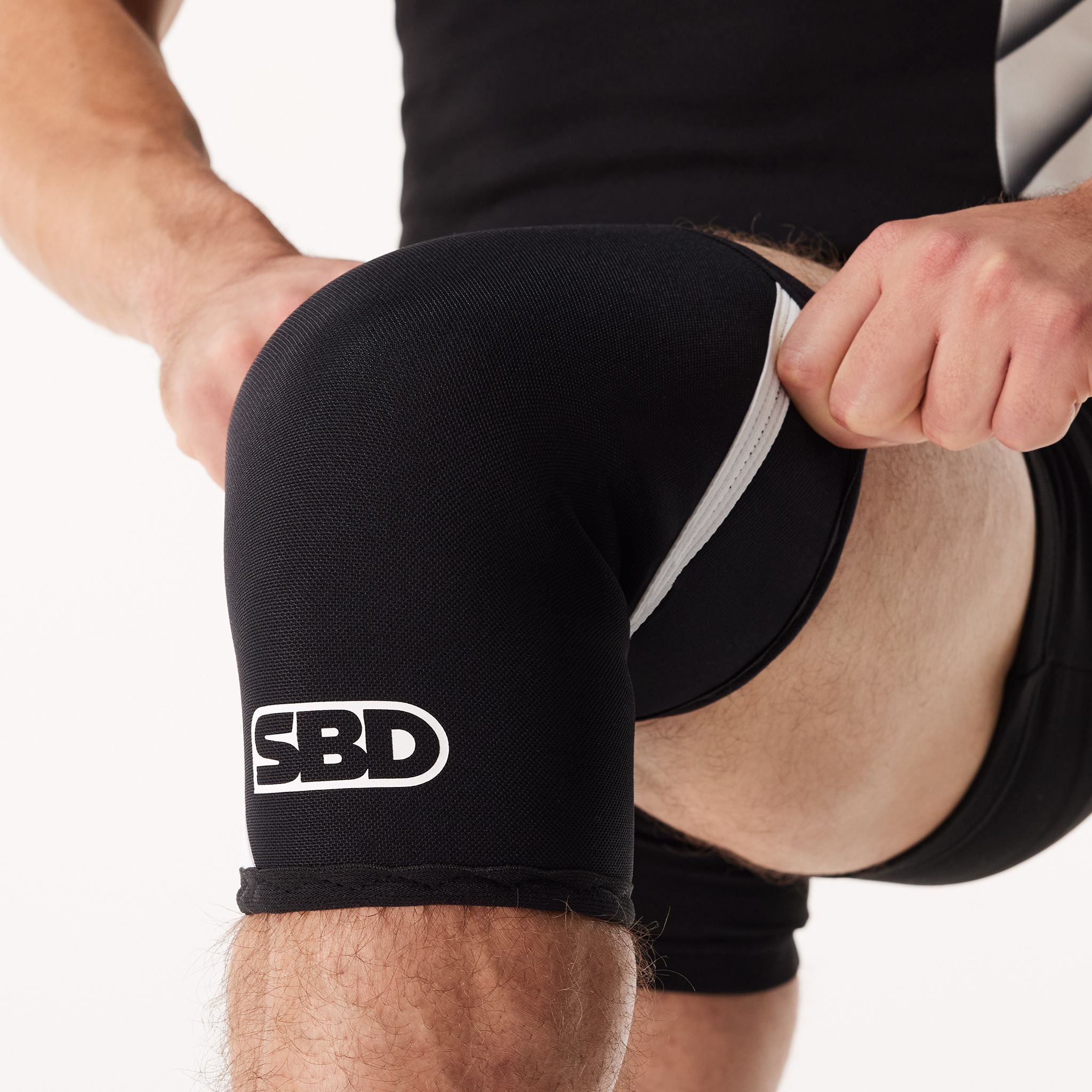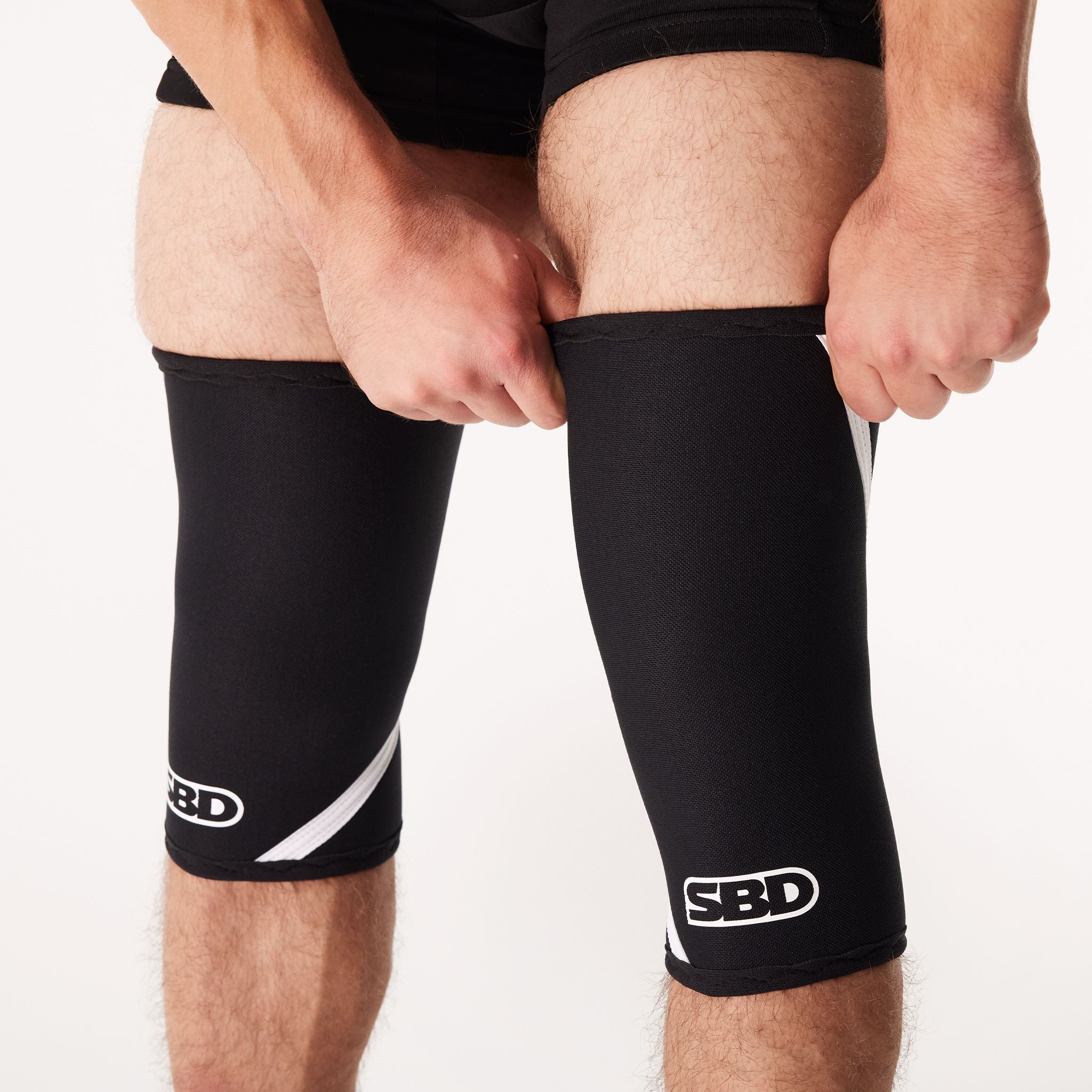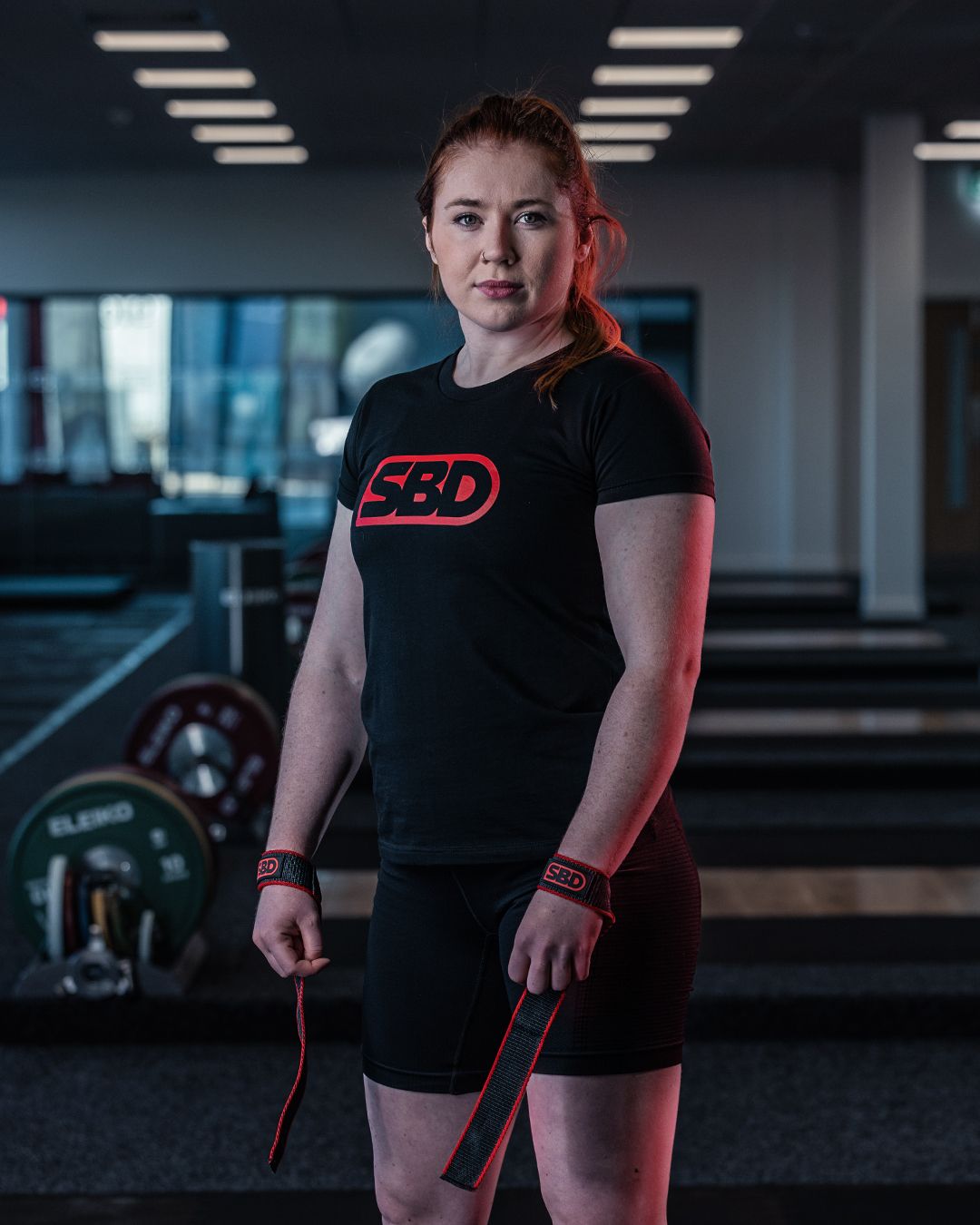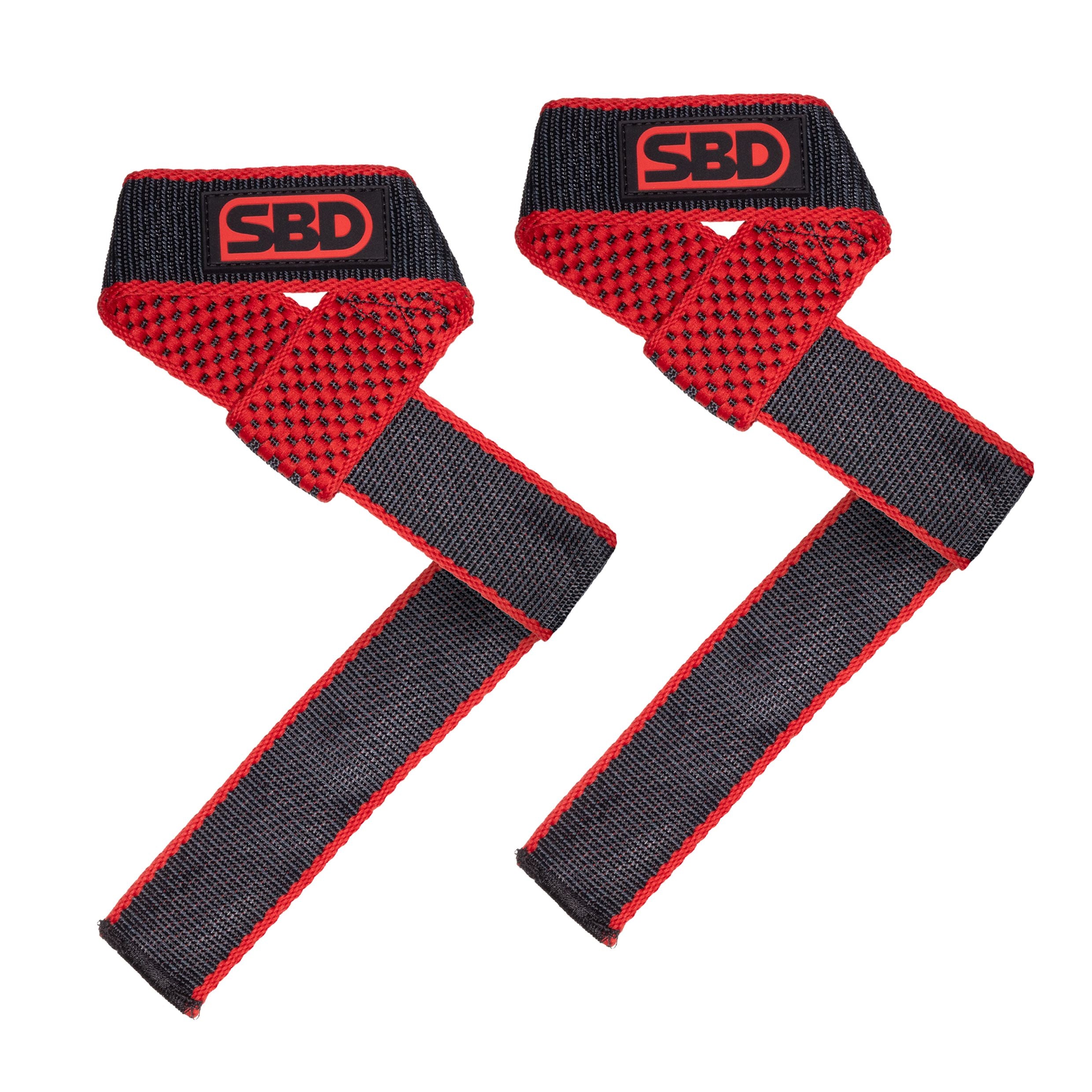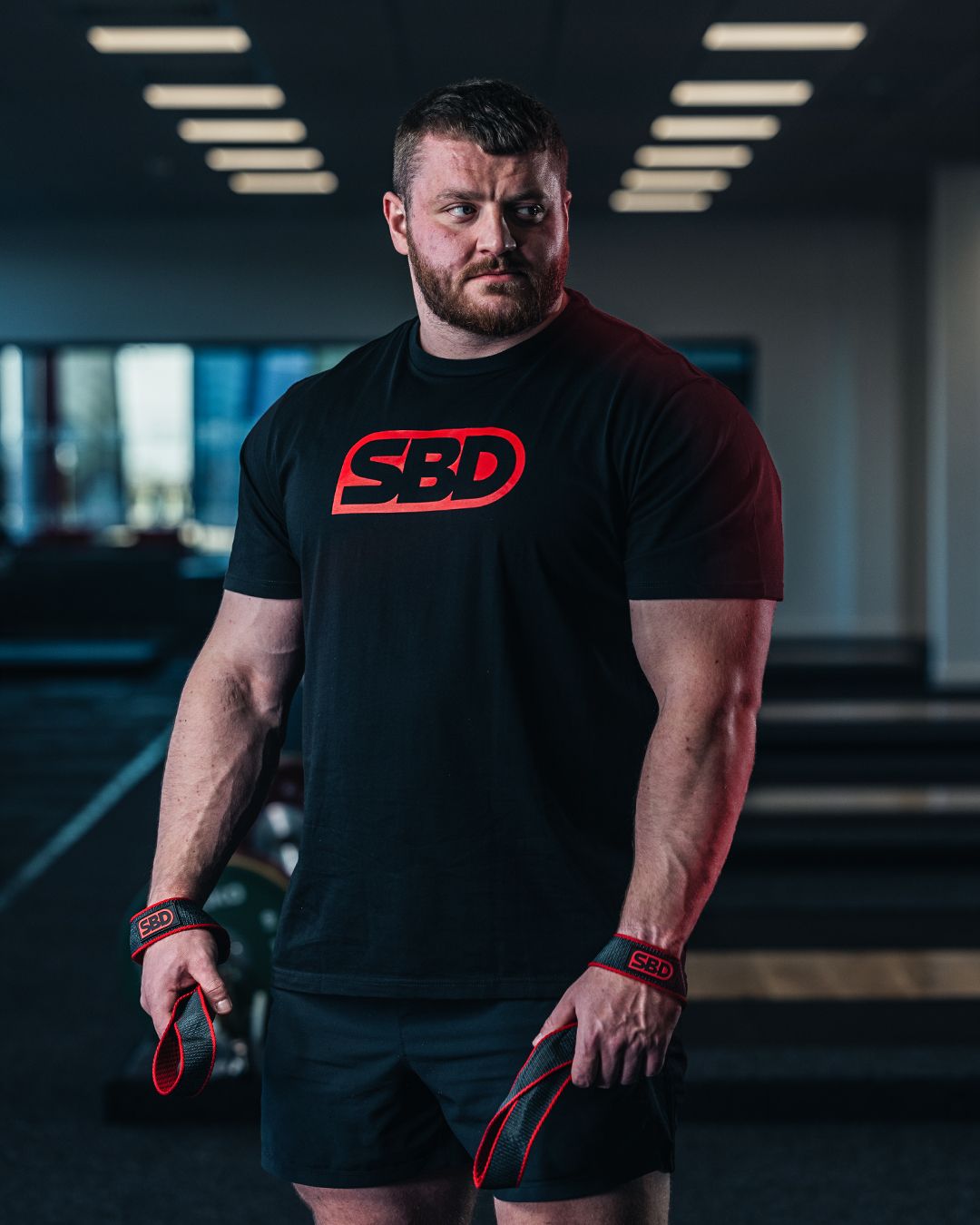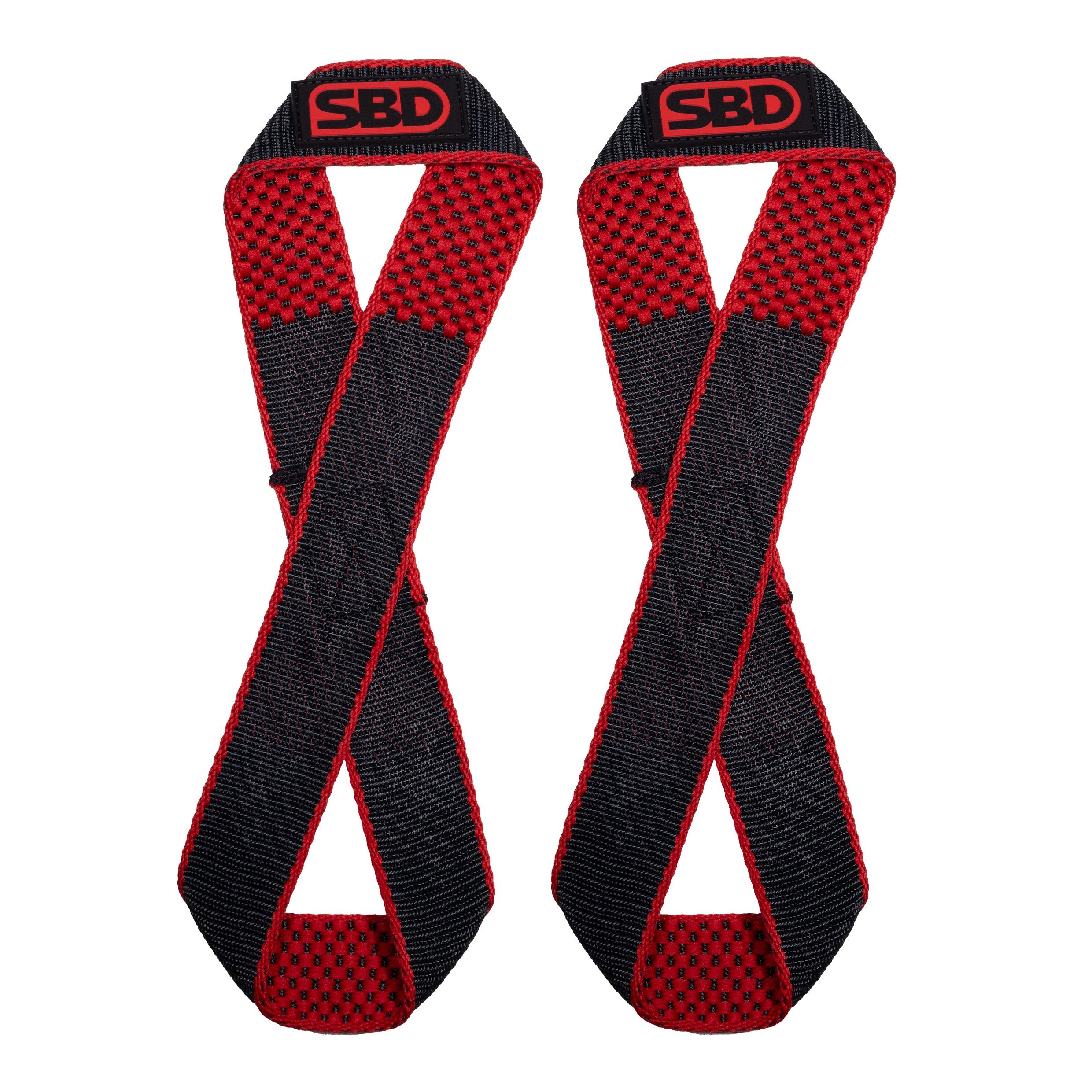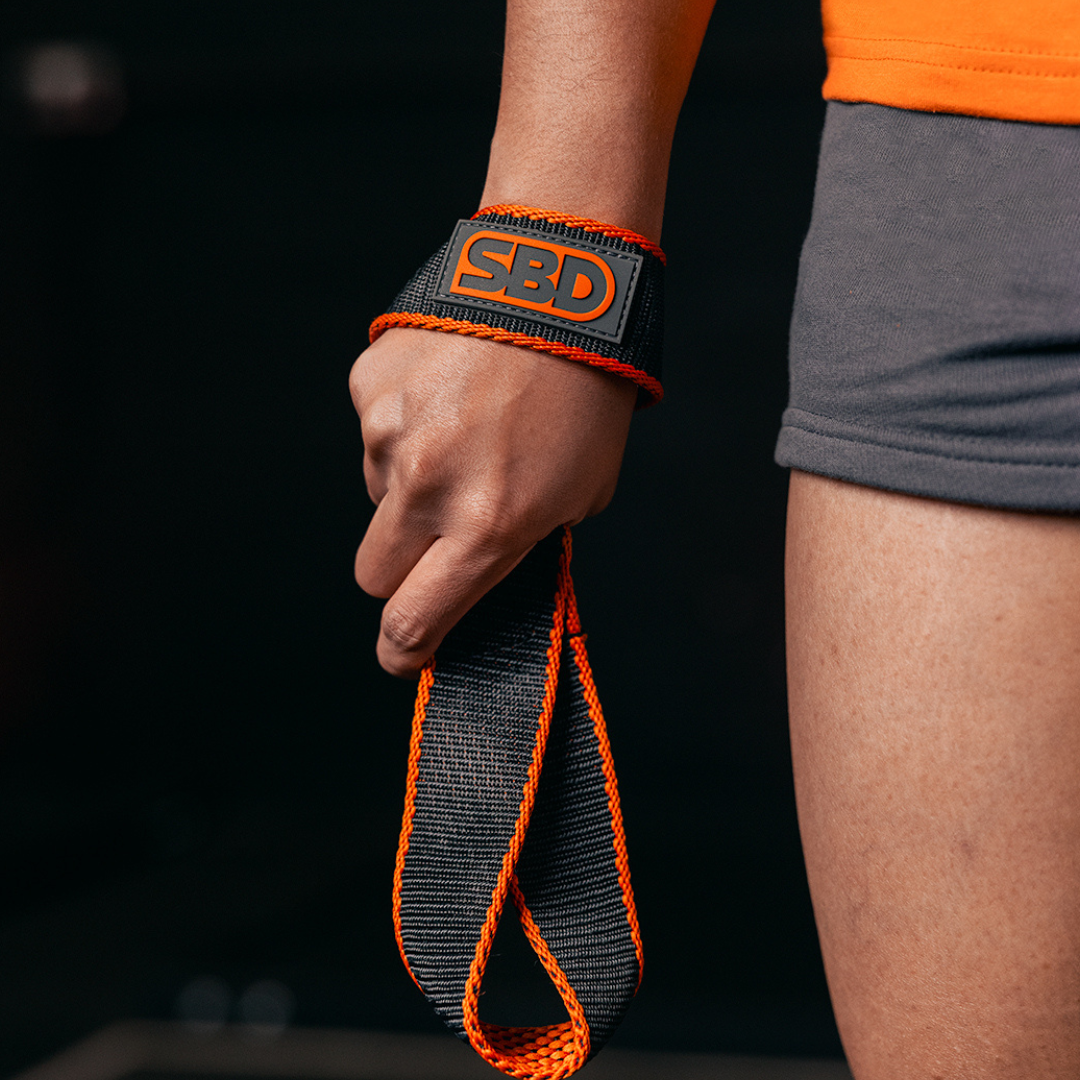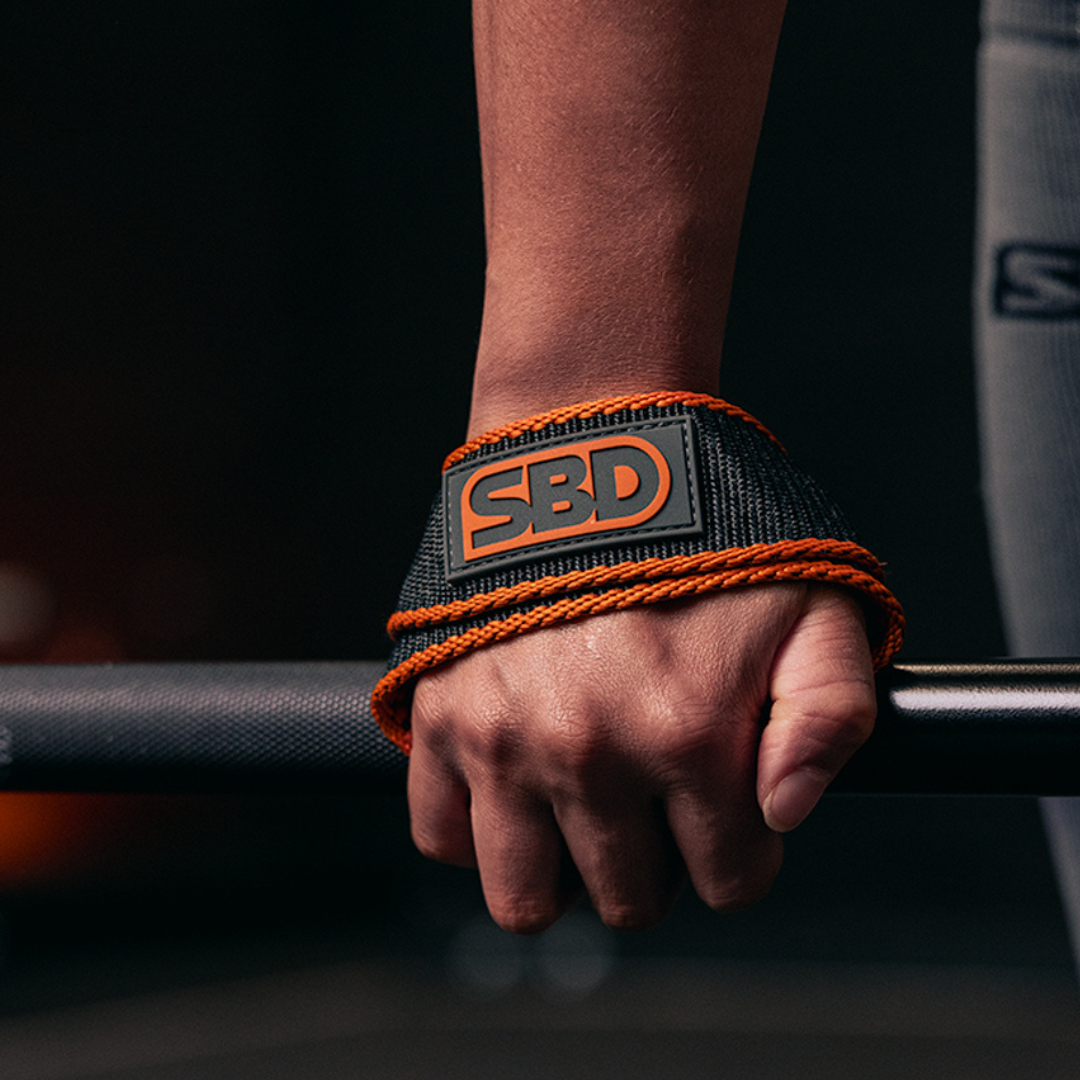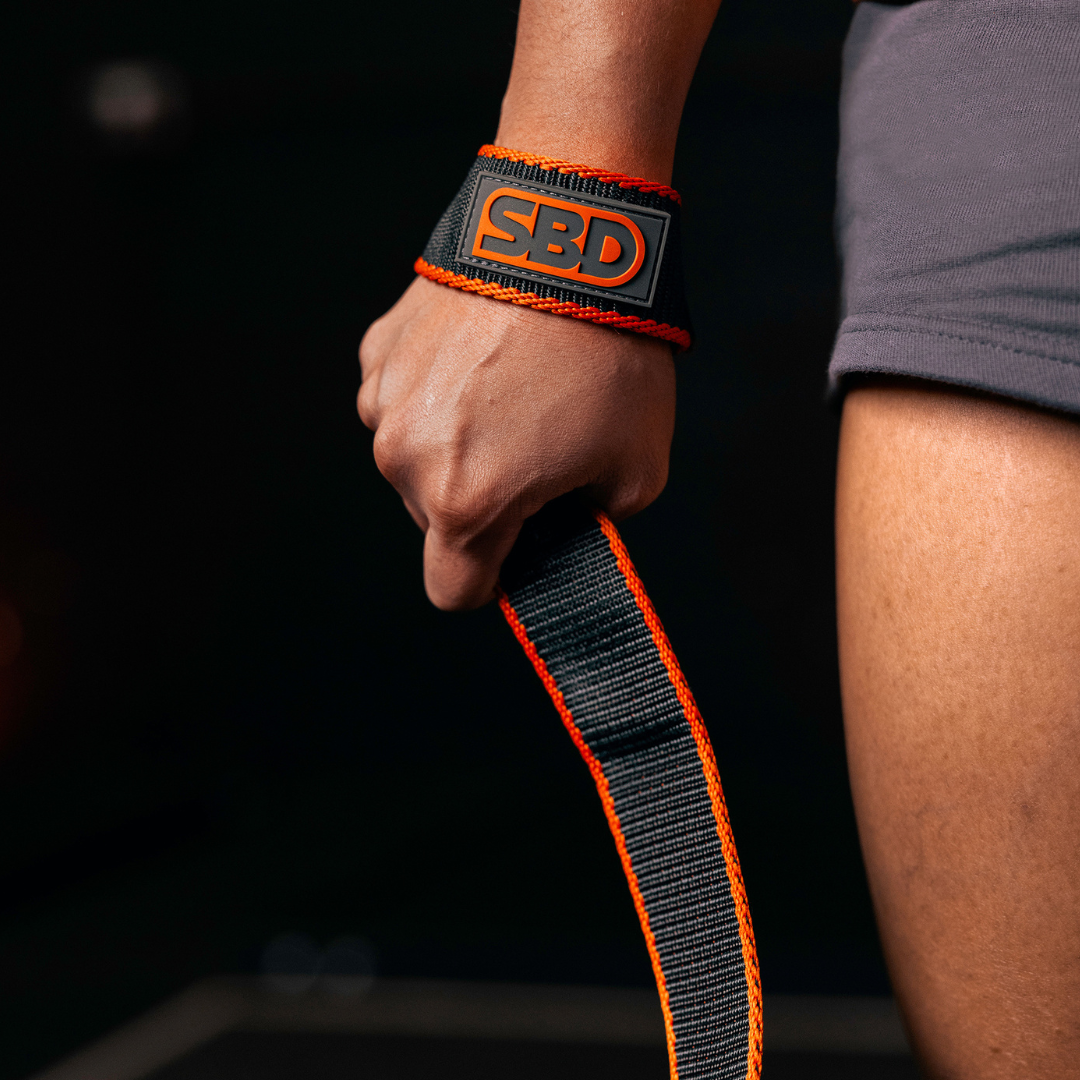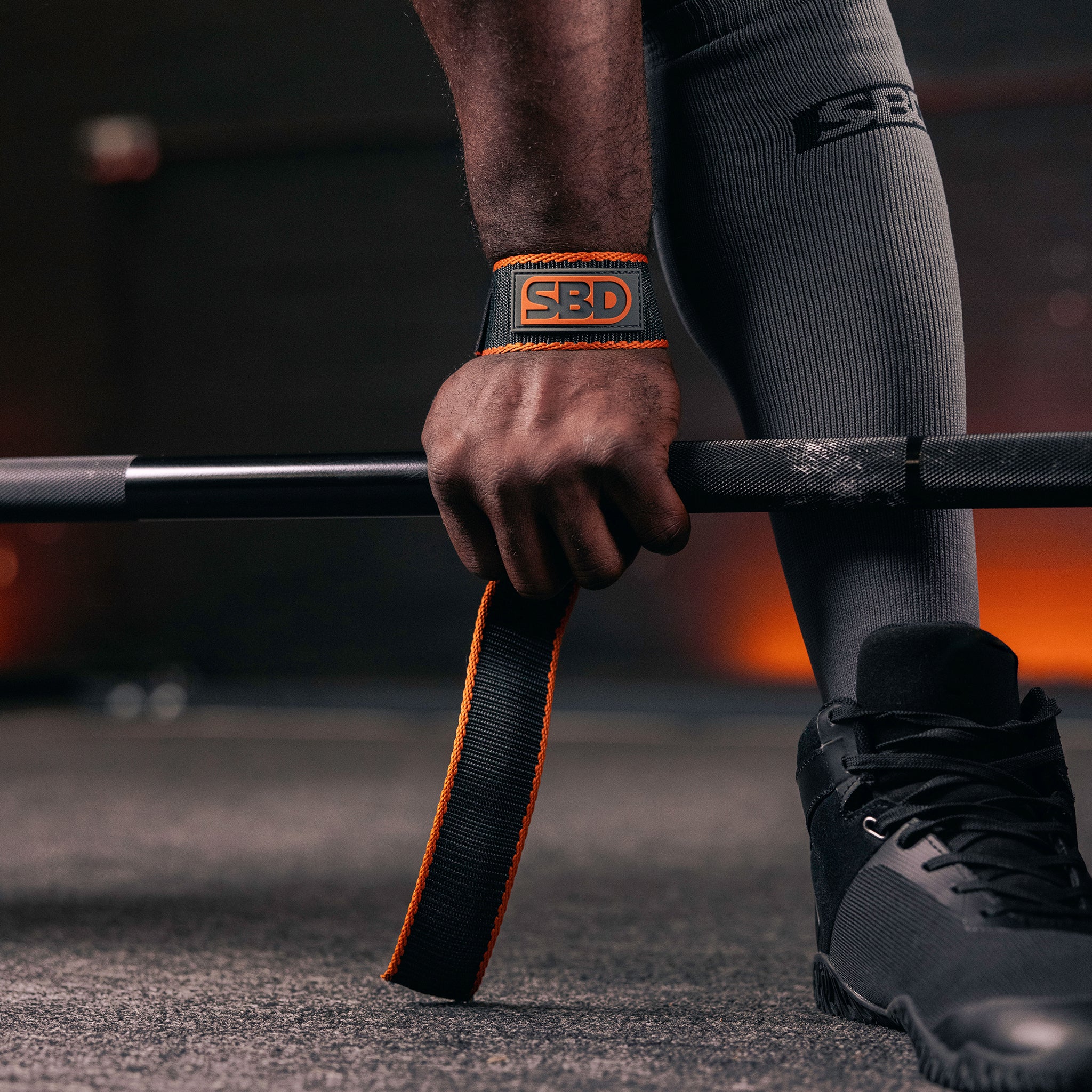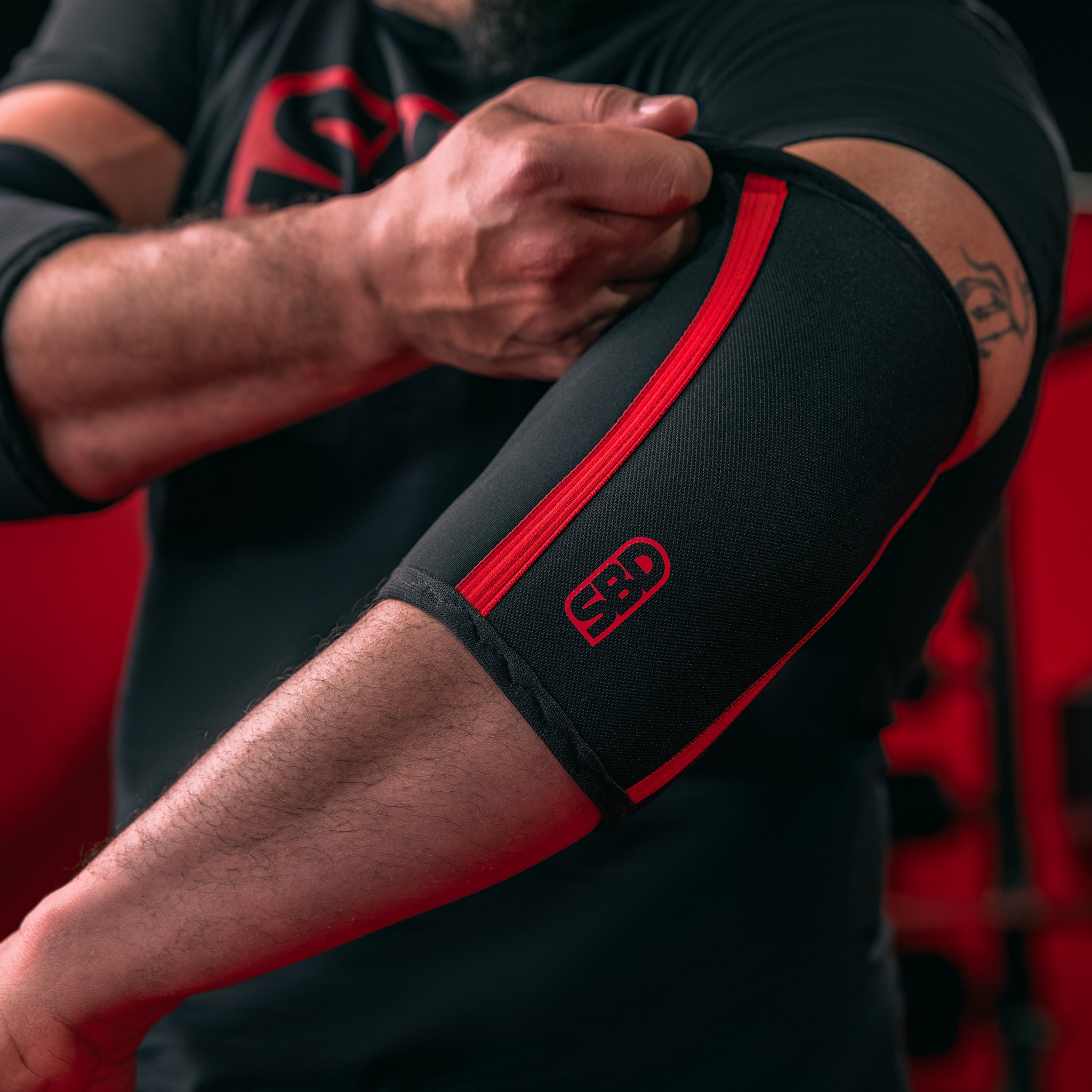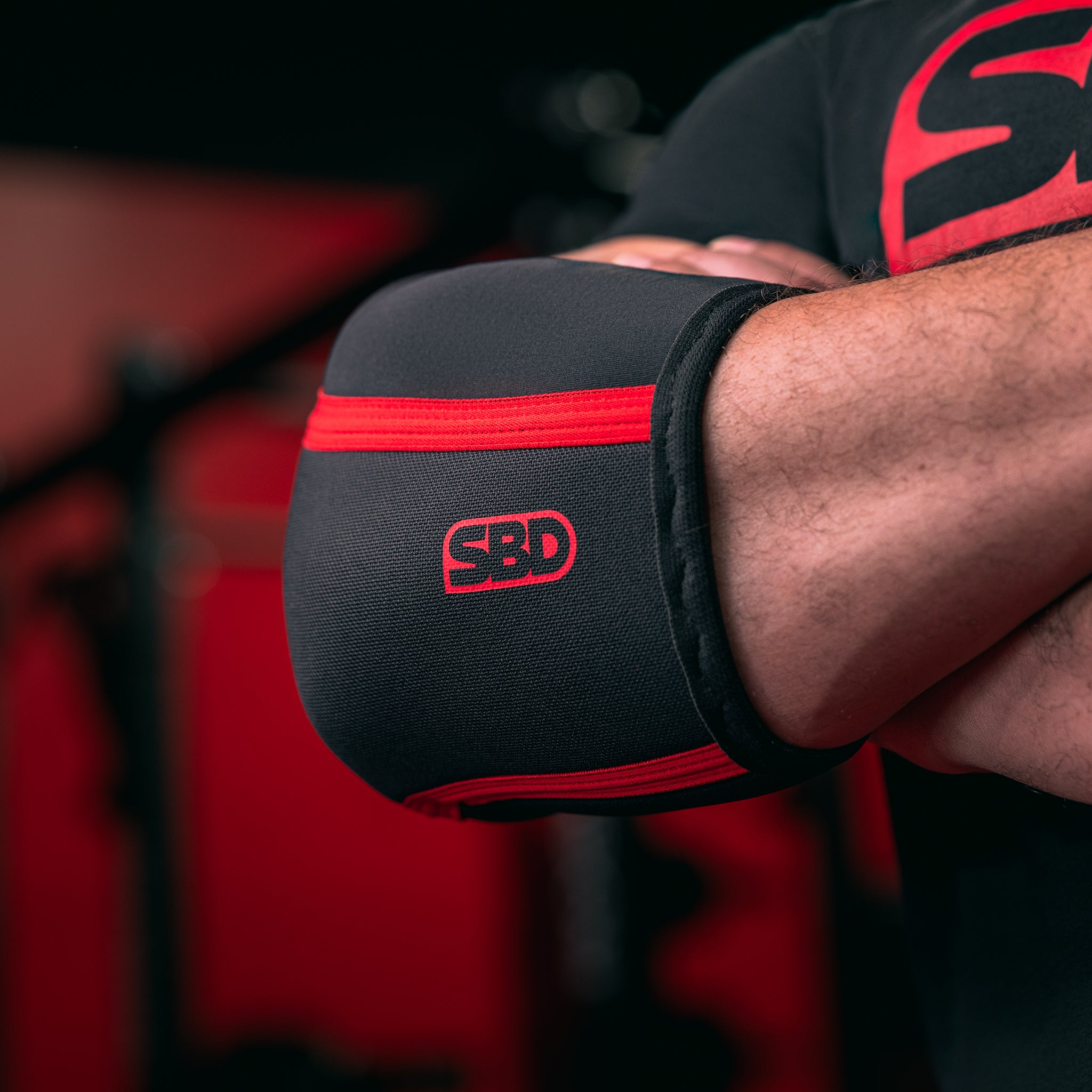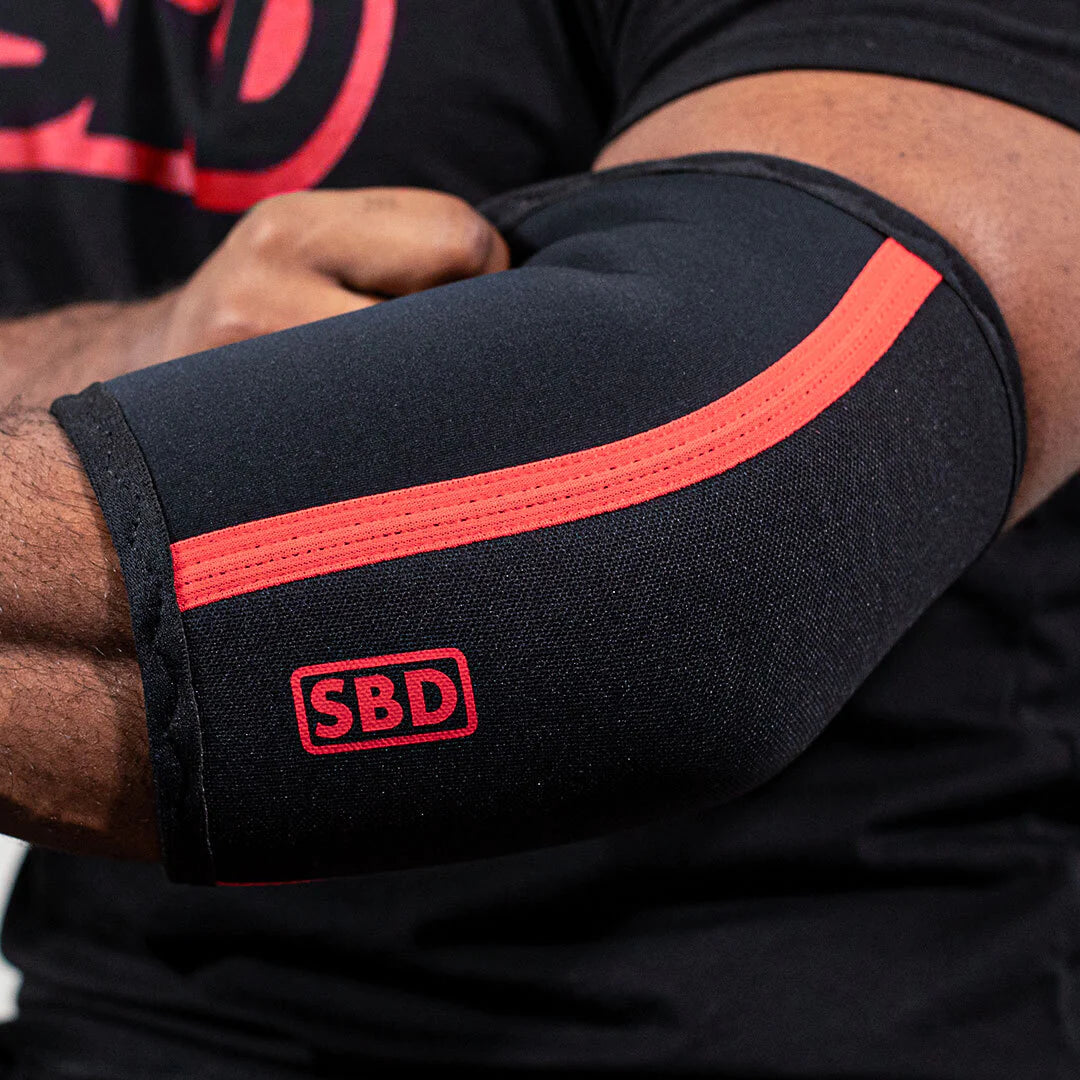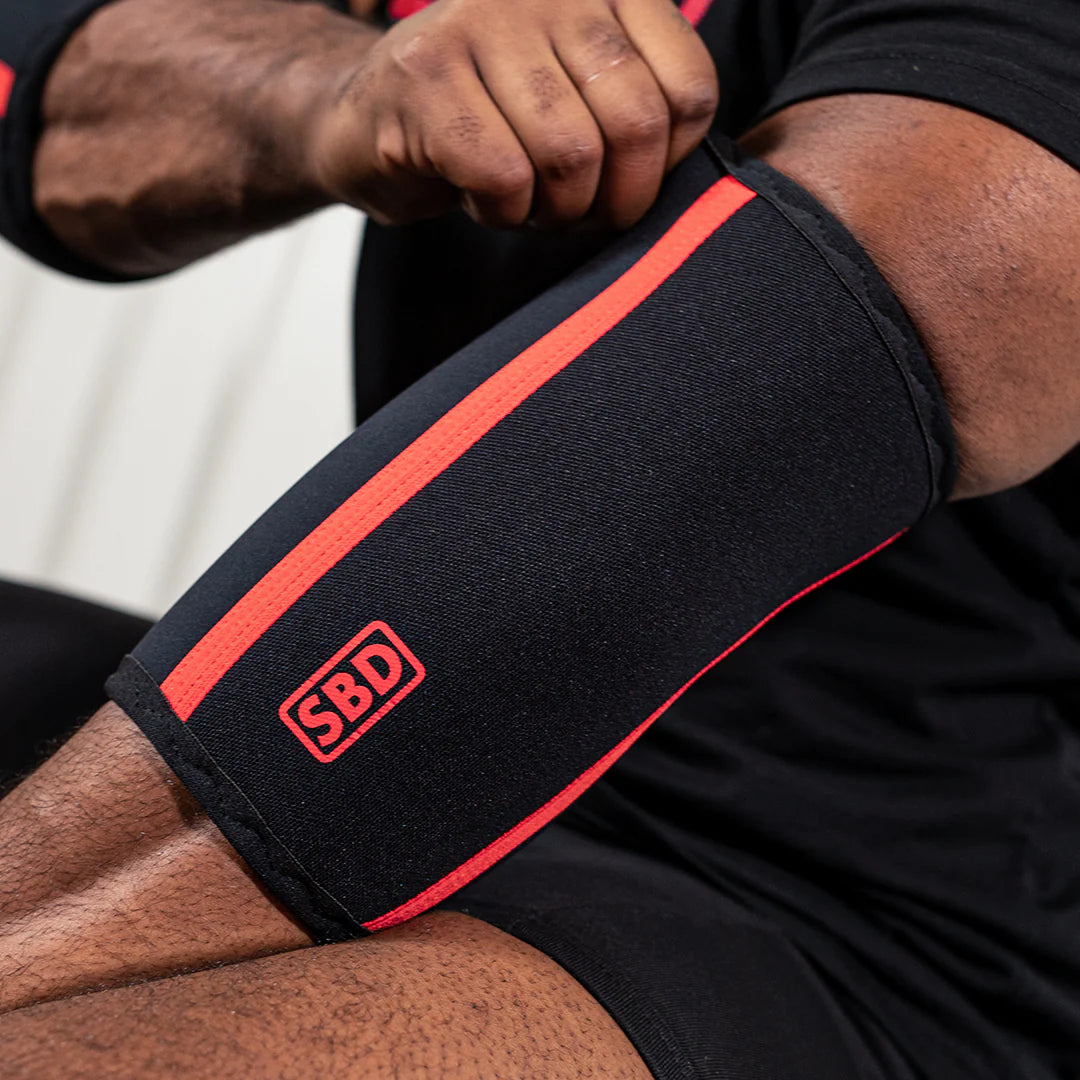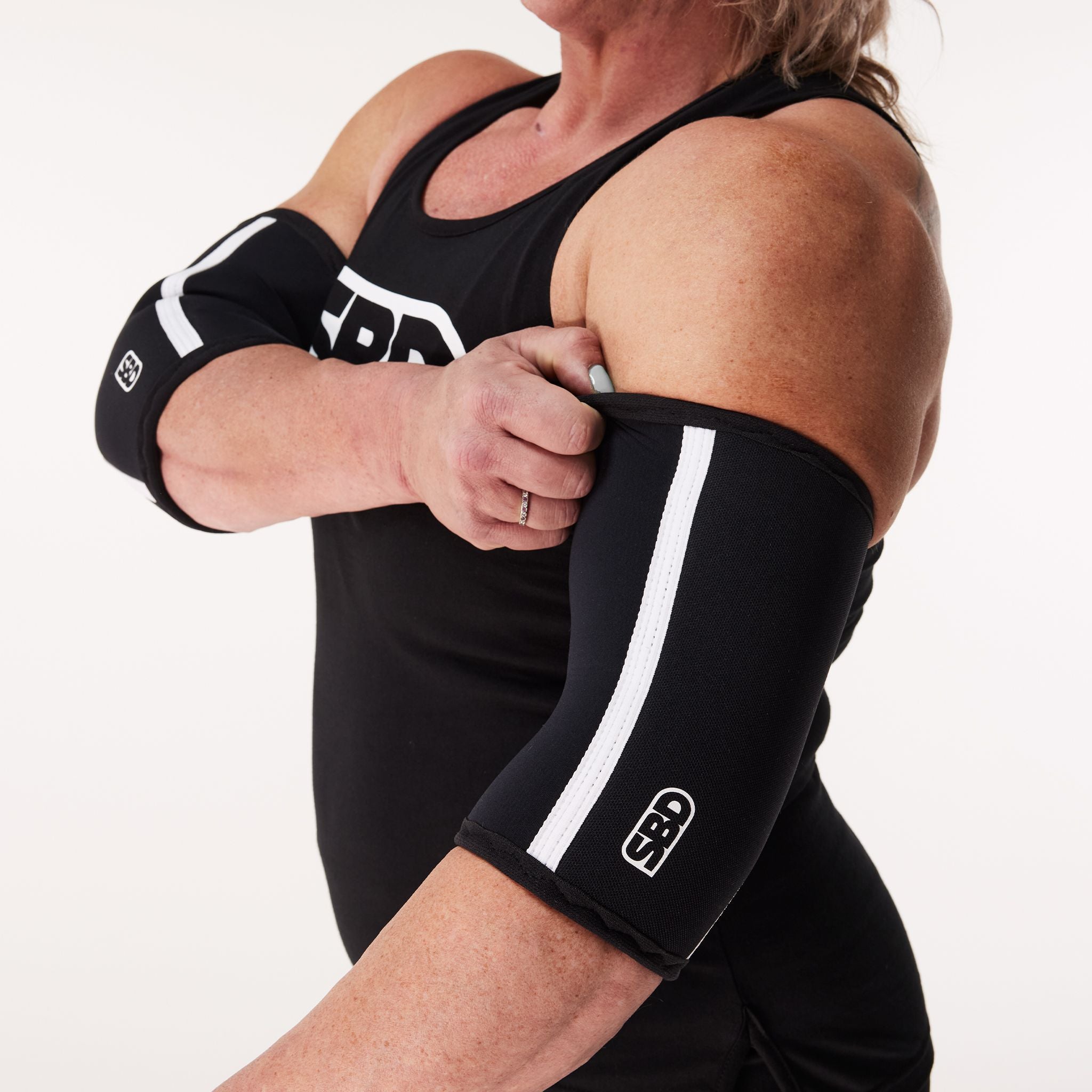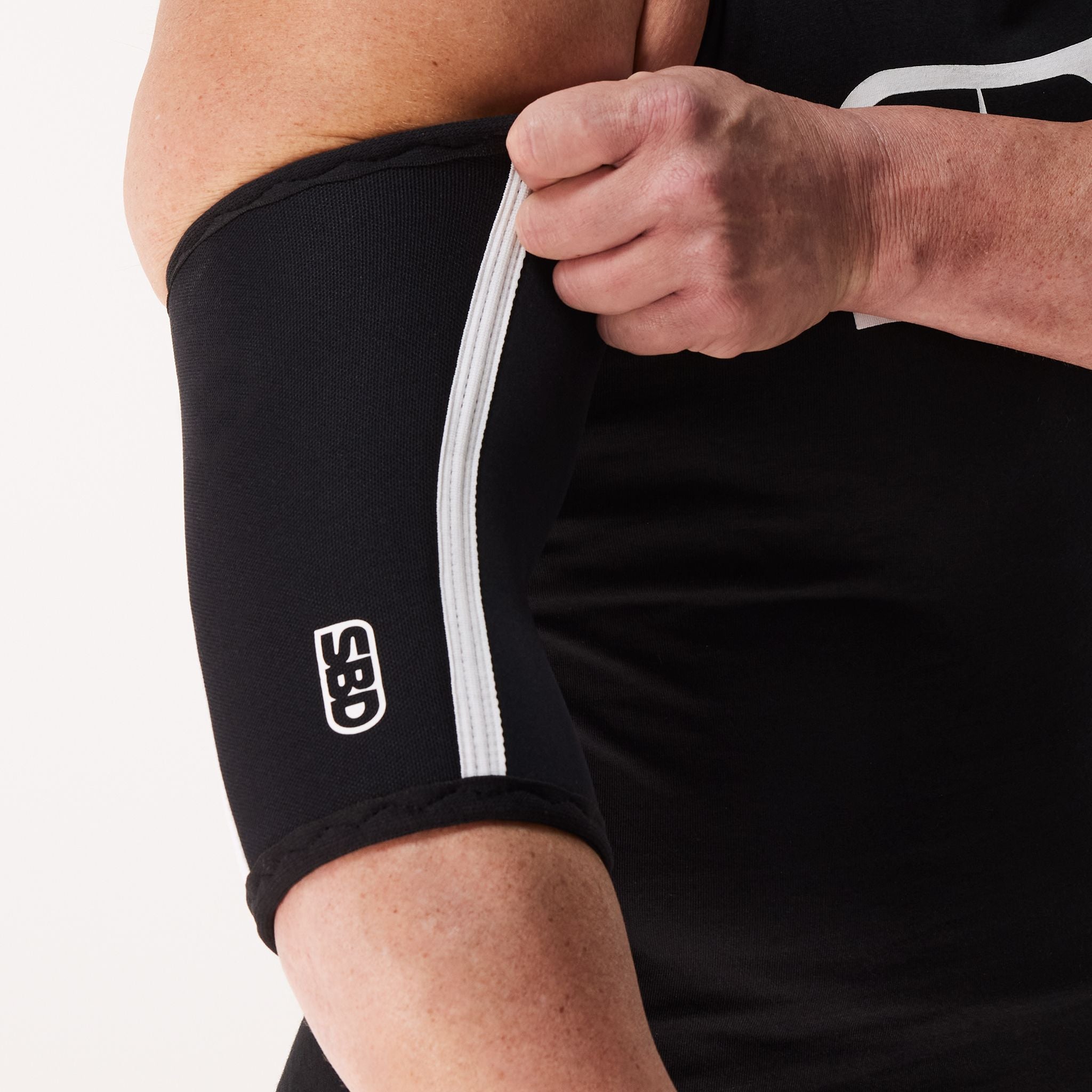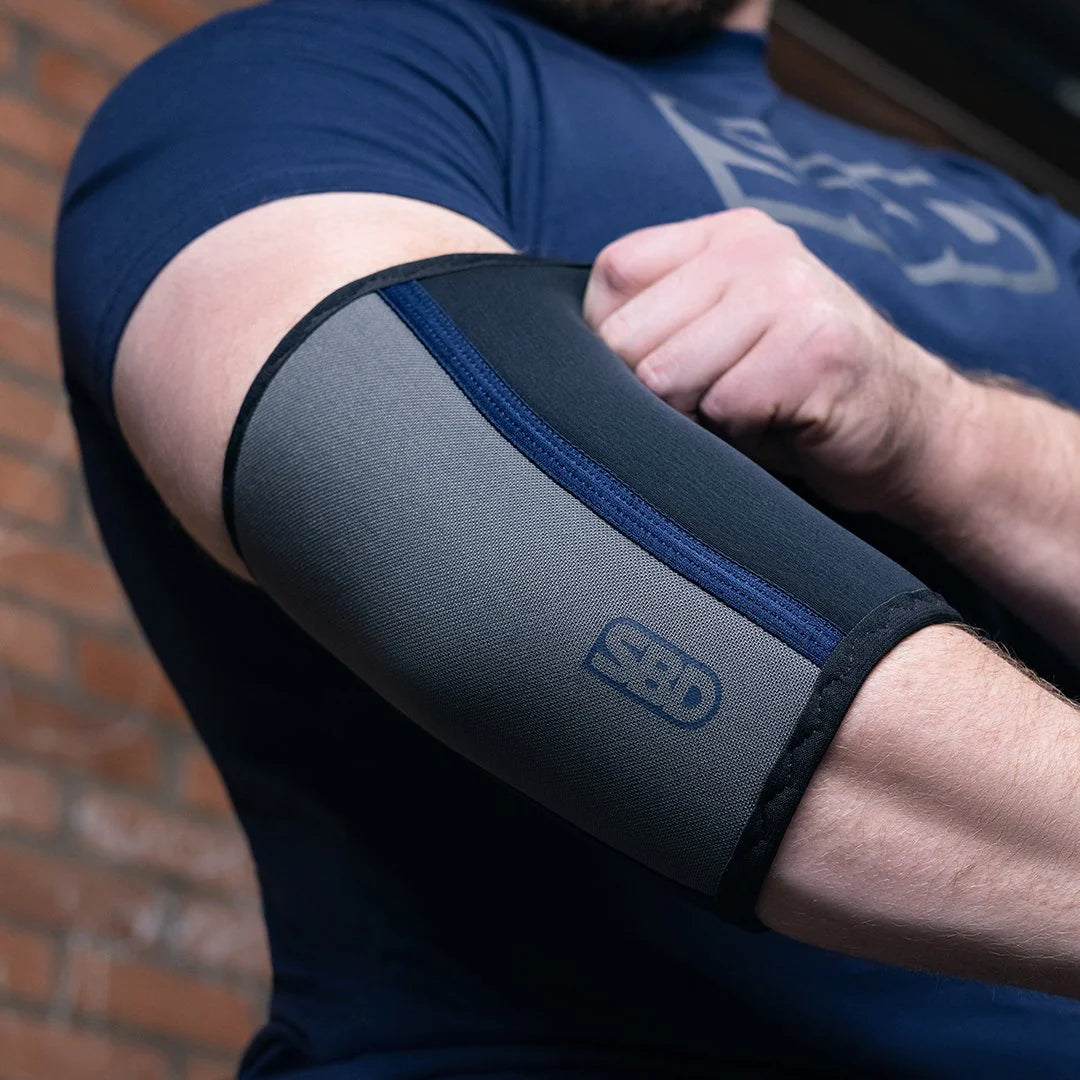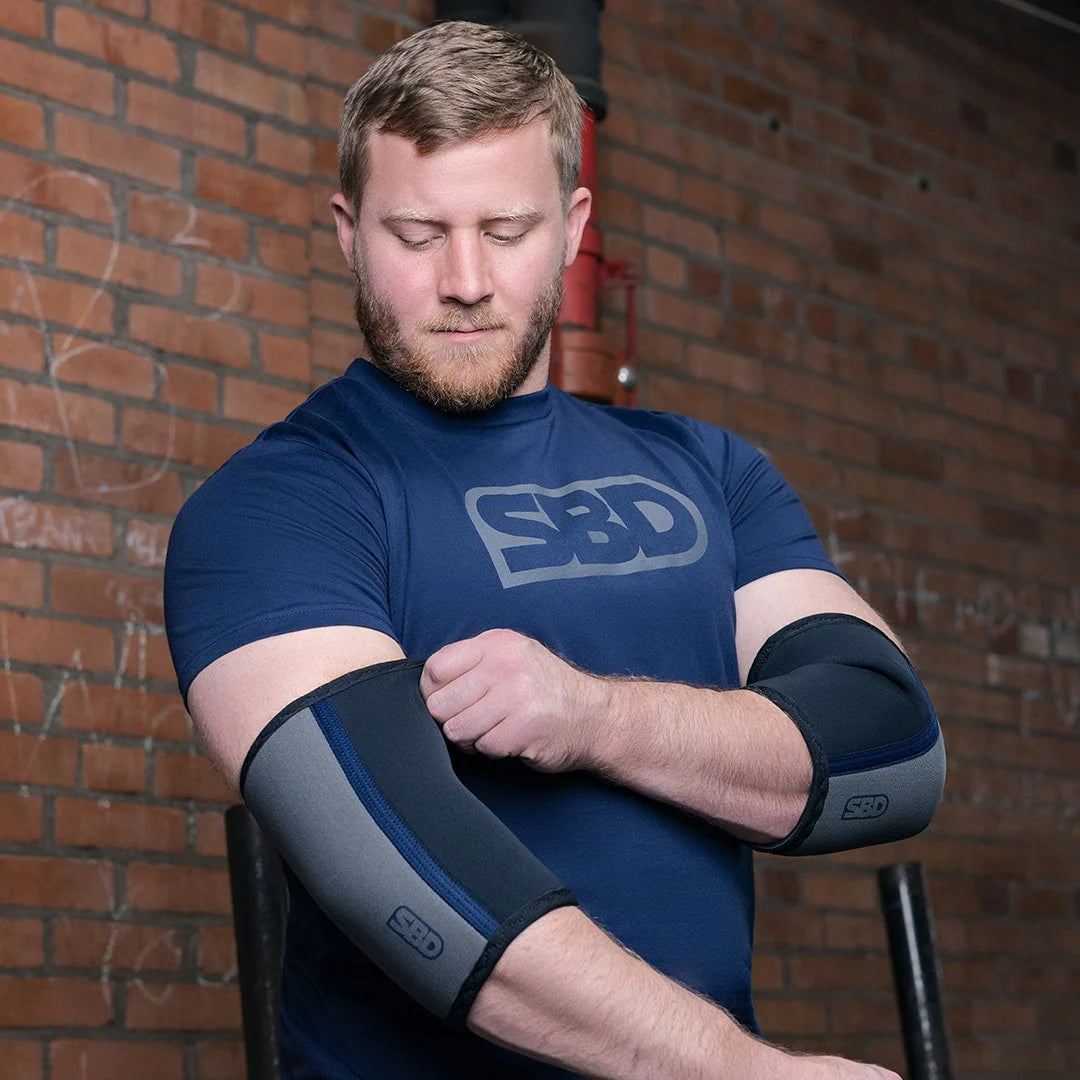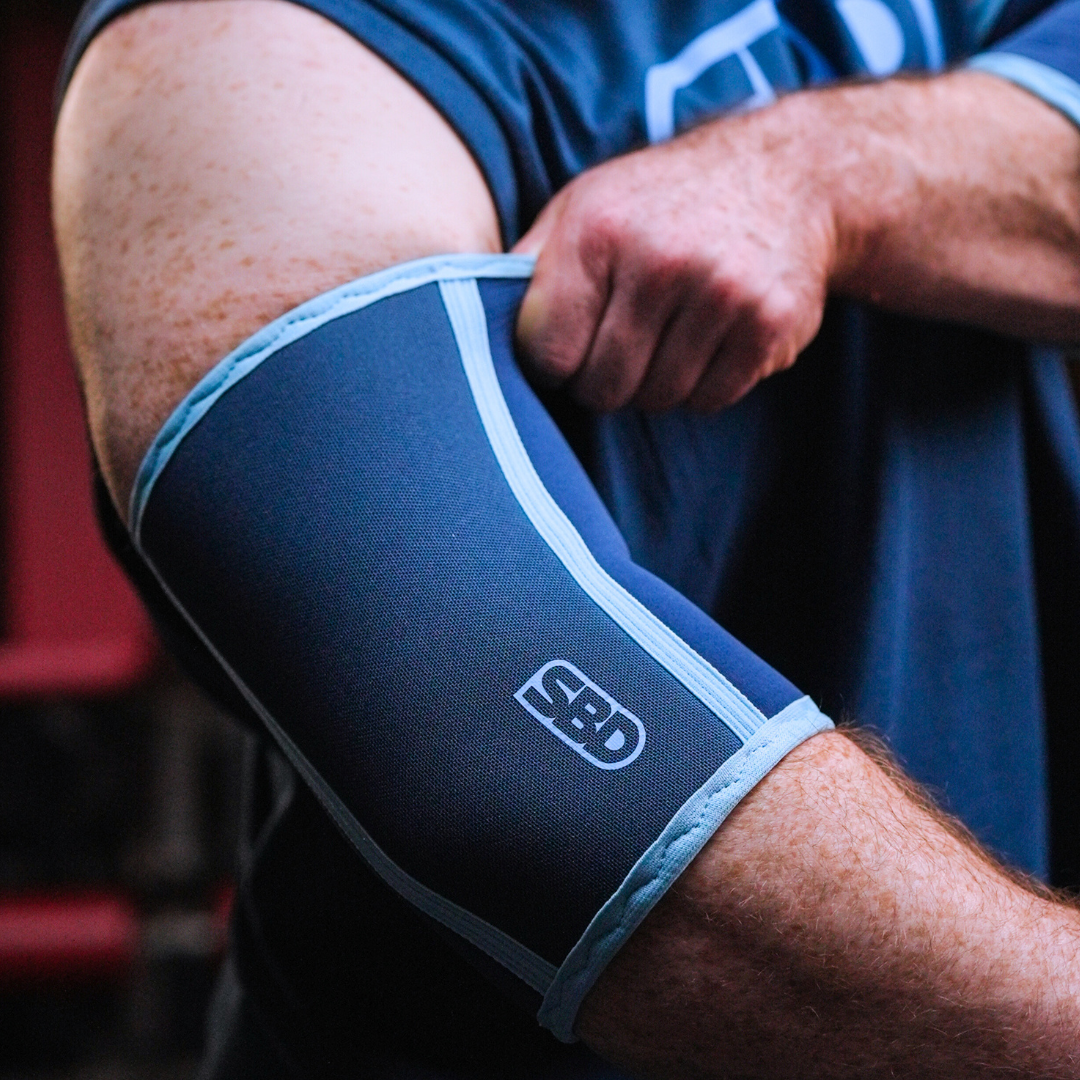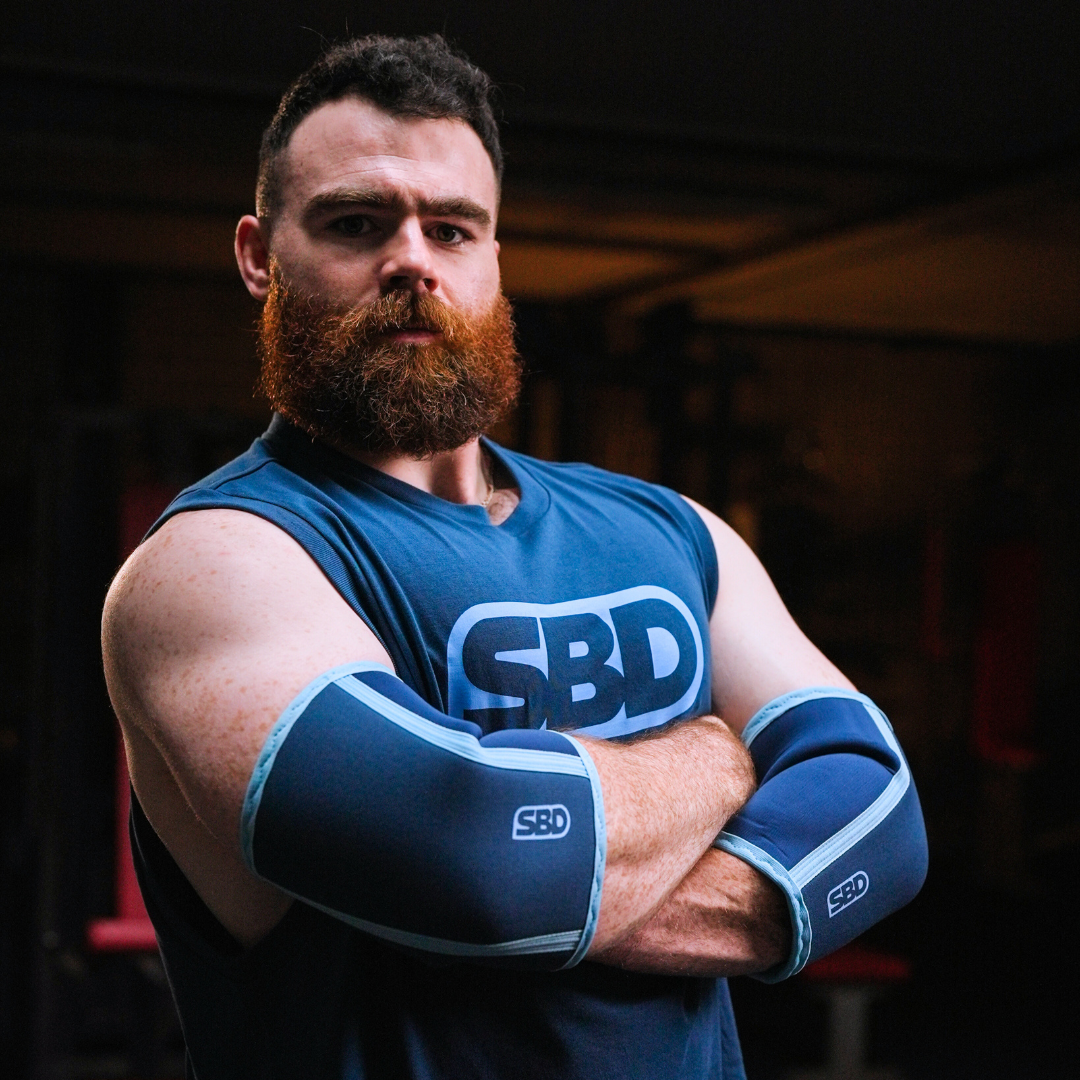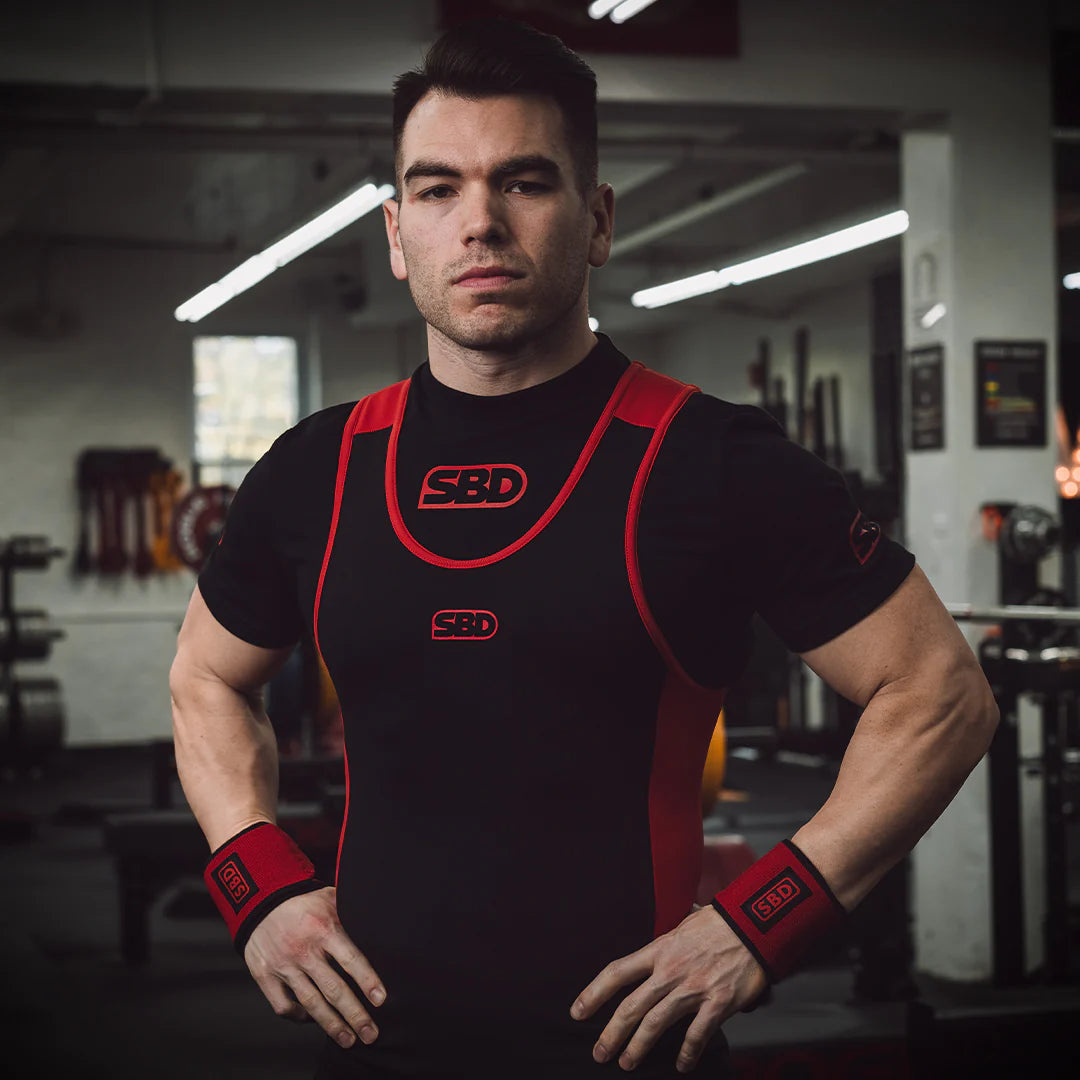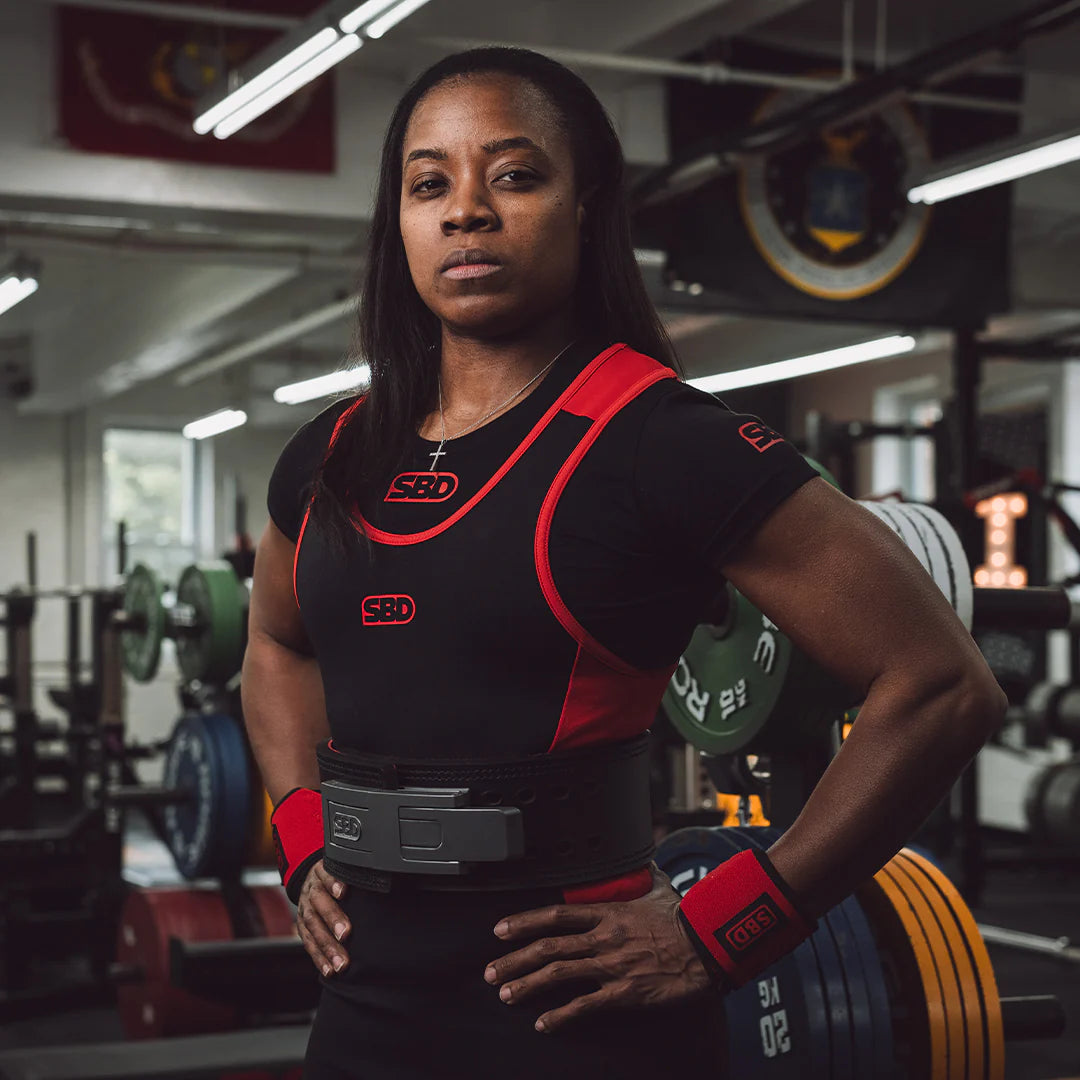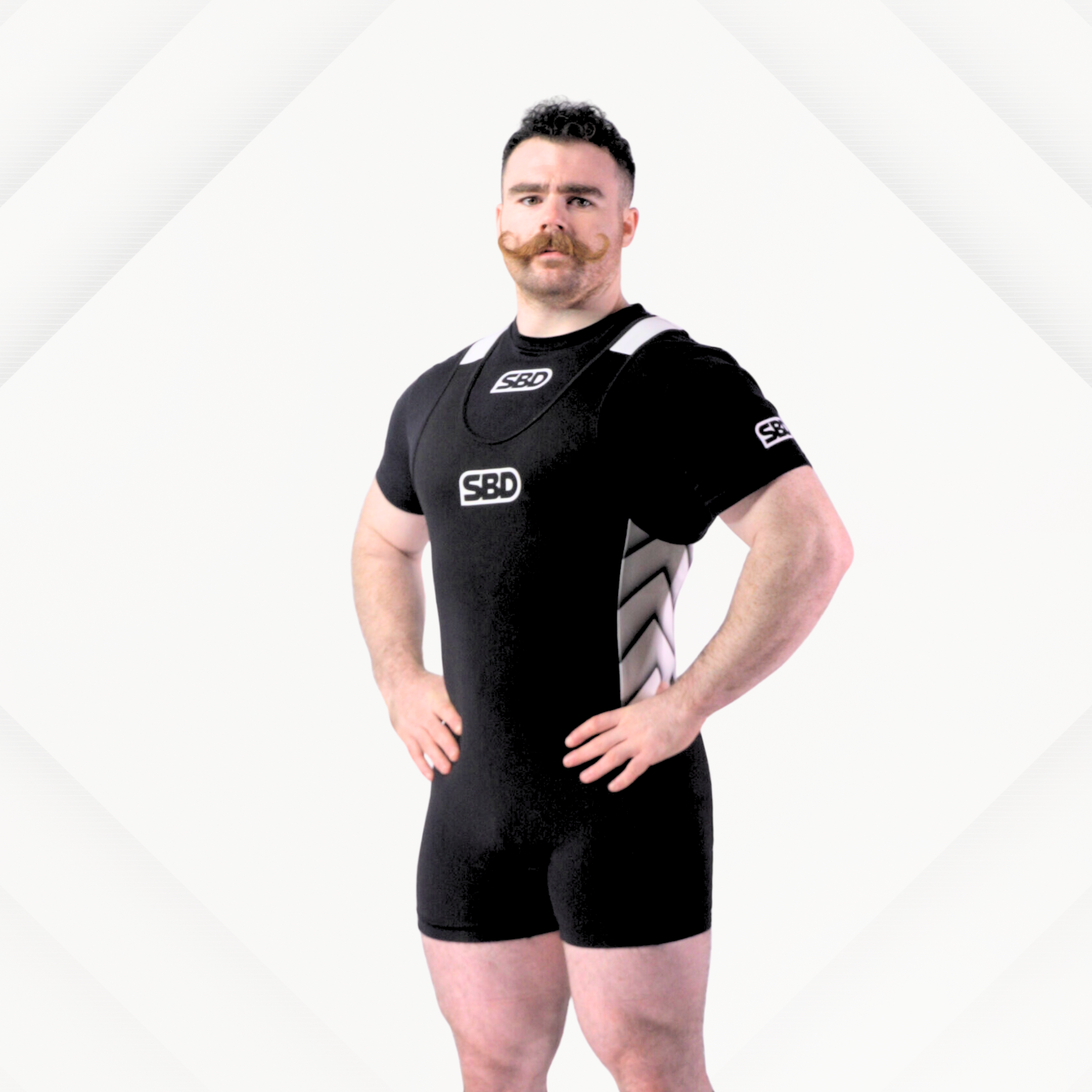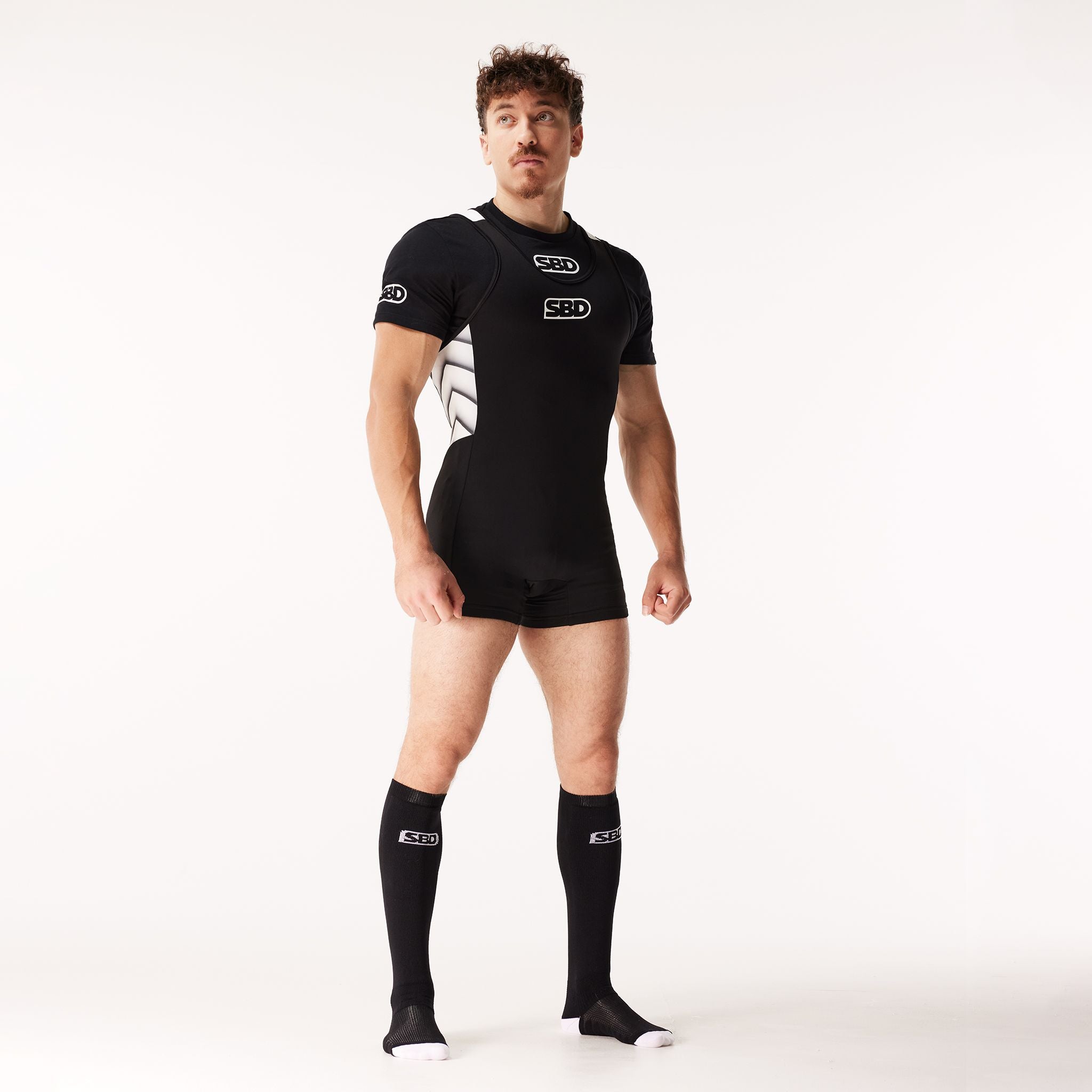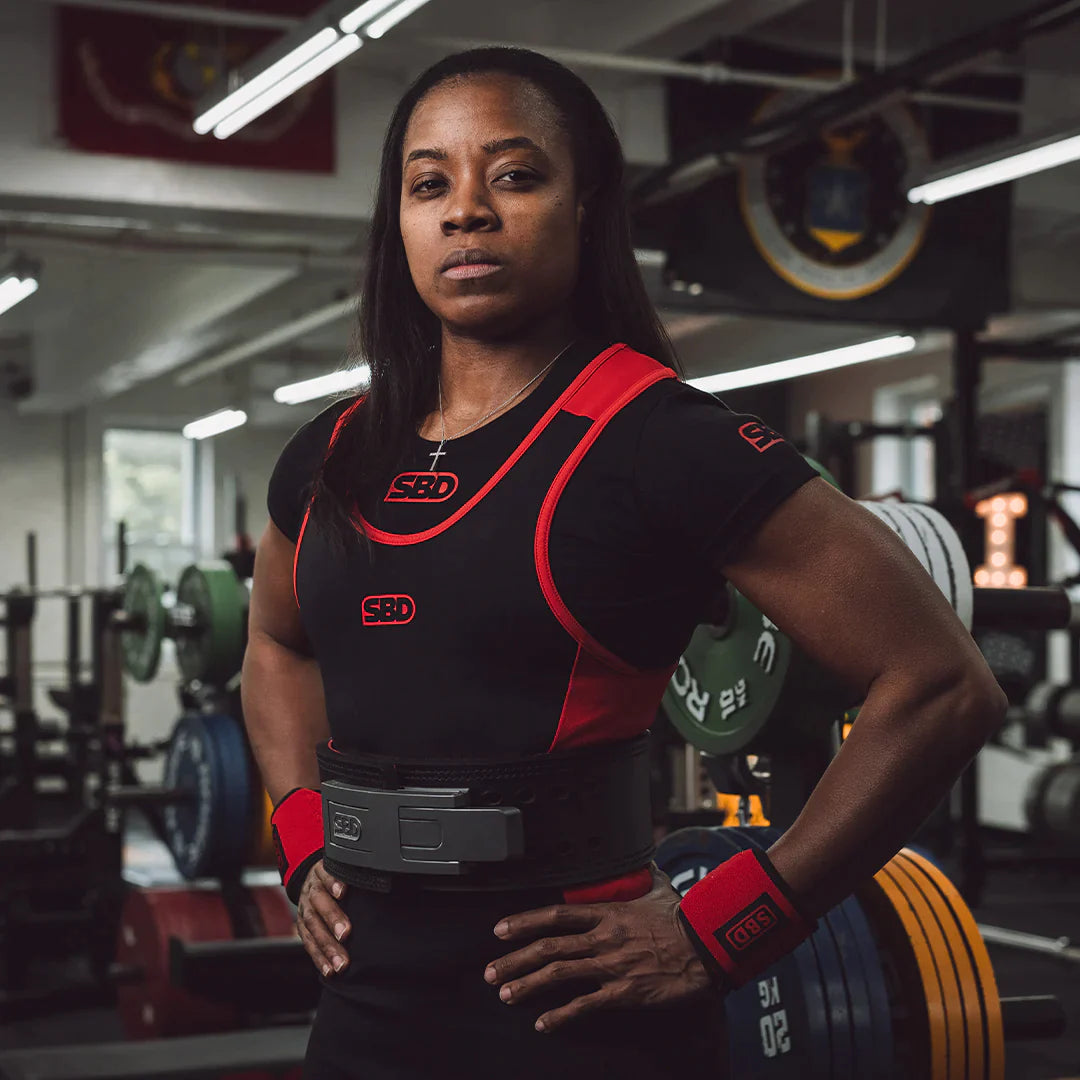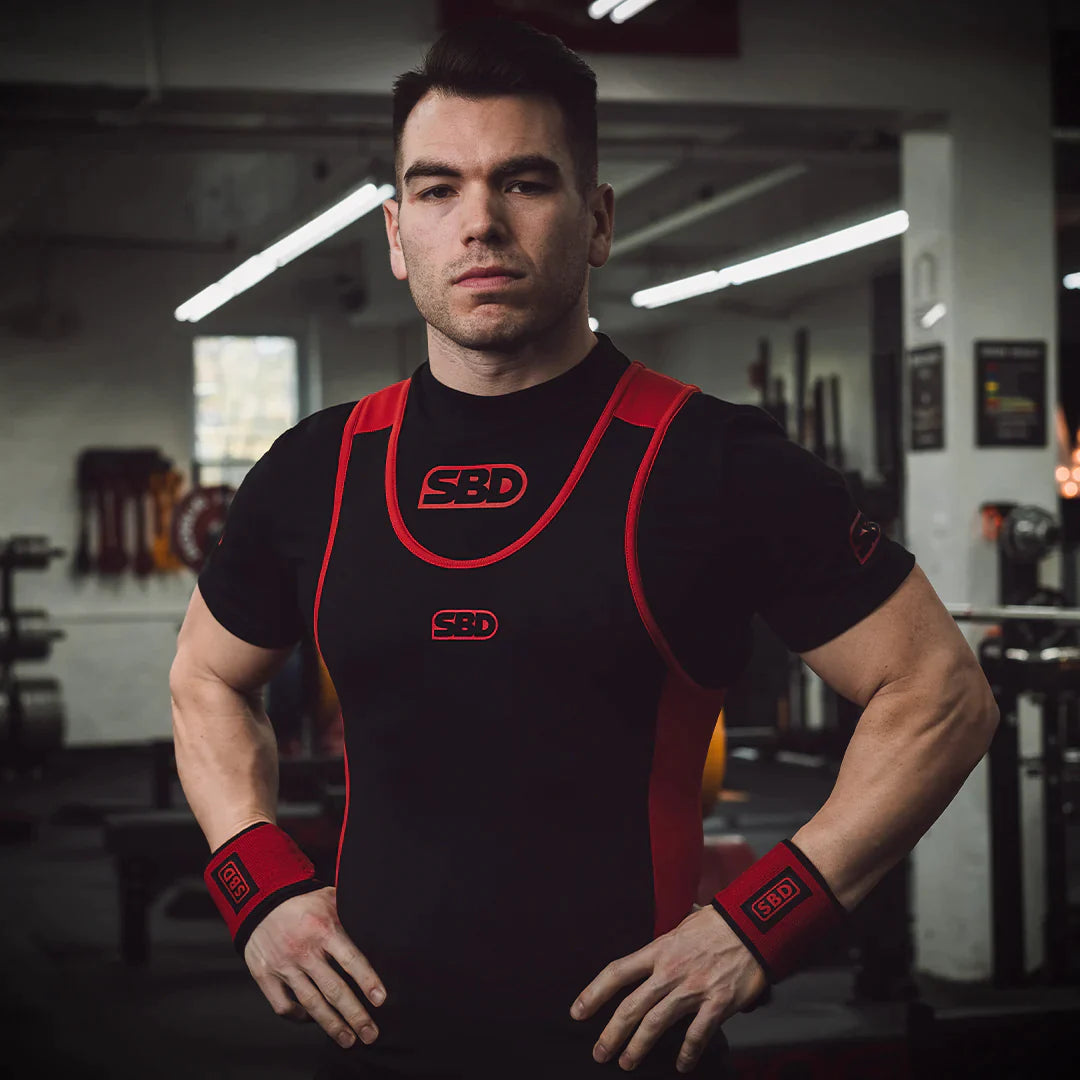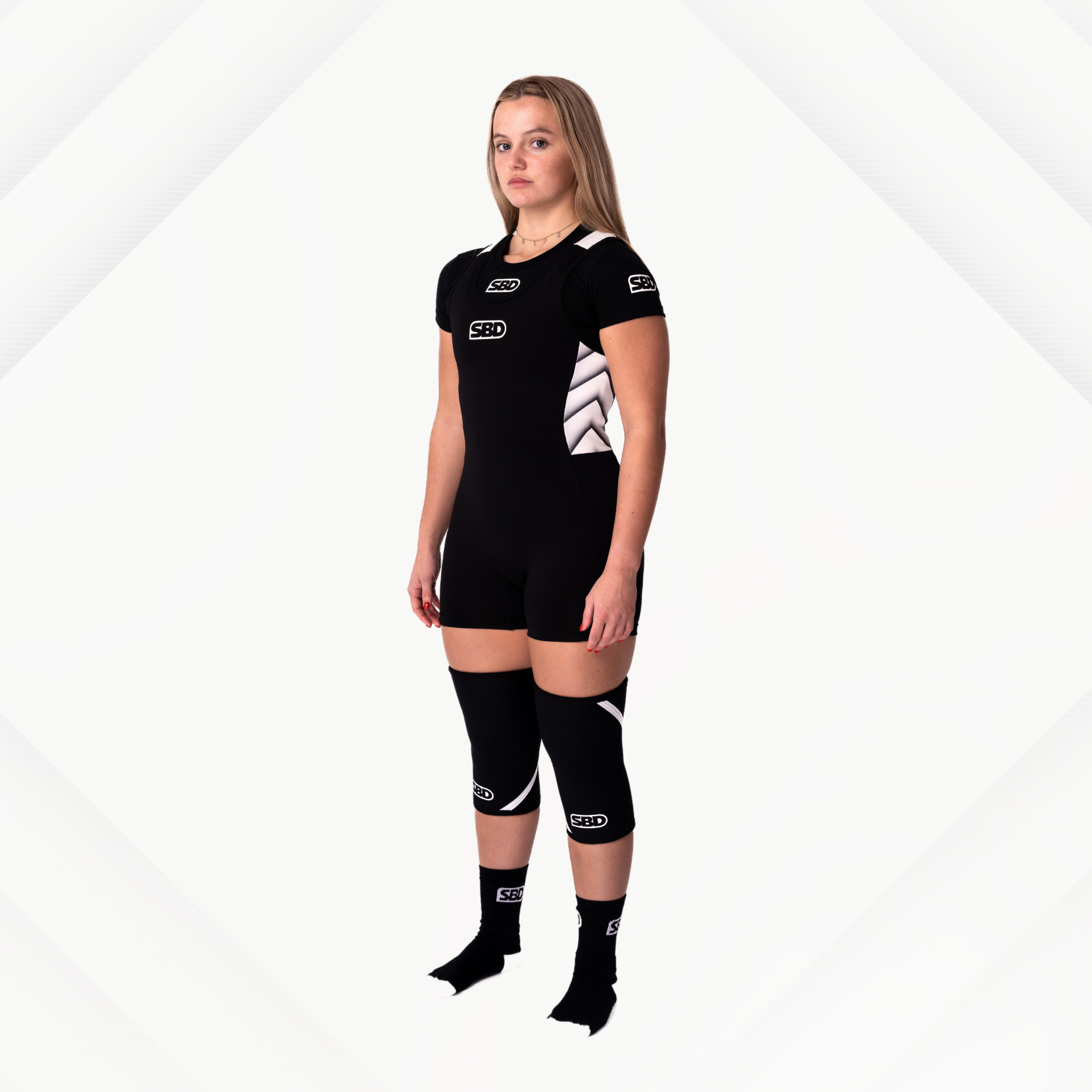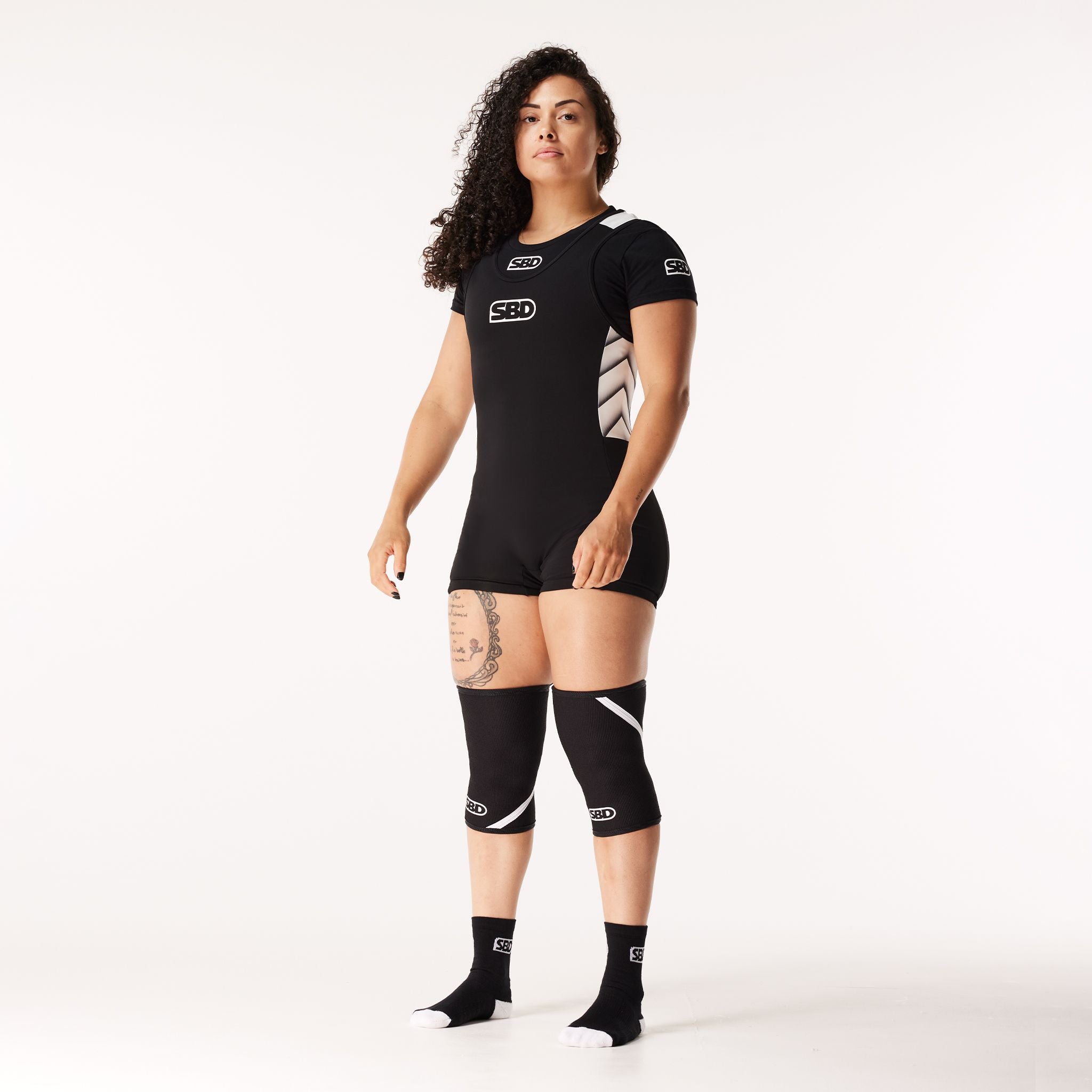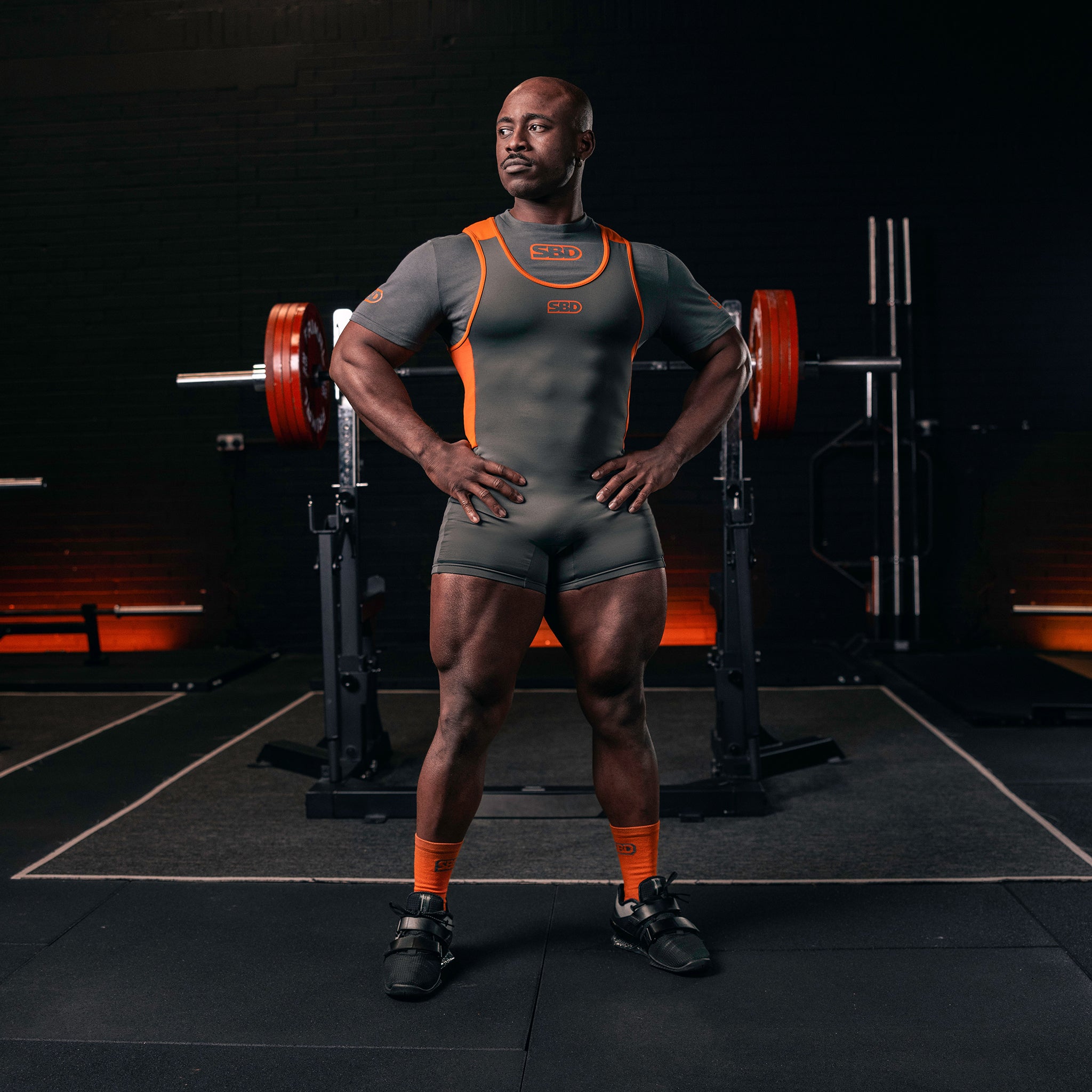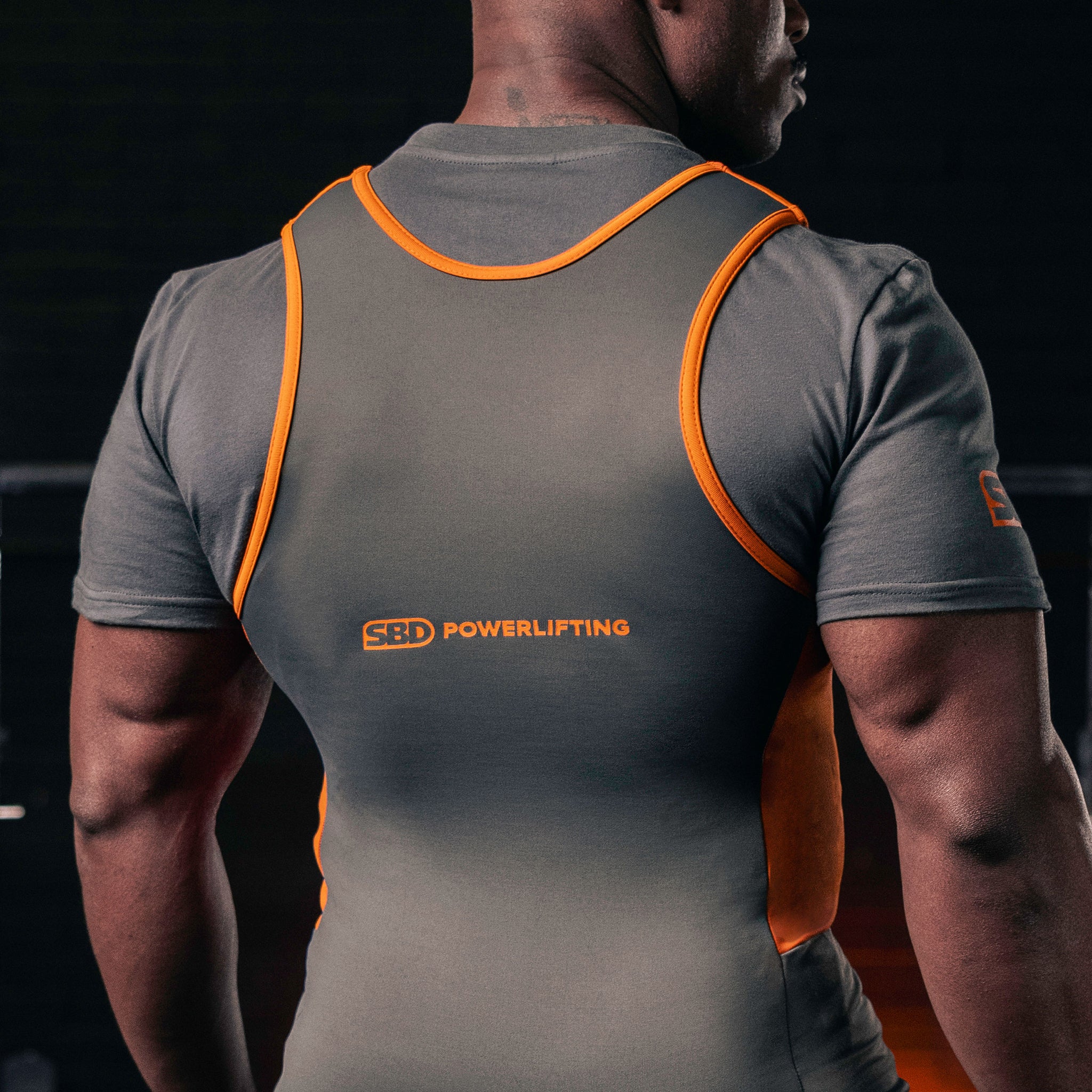Powerlifting is more than just lifting heavy weights — it's a sport built on precision, structure, and progression. Whether you're a beginner curious about how powerlifters train or someone looking to get stronger, understanding a typical powerlifting training approach can help you train smarter and more effectively.
In this article, we'll explore the core components of powerlifting training and why essential tools like an SBD lifting belt play a vital role in keeping lifters safe and strong throughout their journey.
What Is Powerlifting?
Powerlifting focuses on three main lifts:
-
Squat
-
Bench Press
-
Deadlift
Competitions are based on a lifter’s one-rep max (1RM) in each of these lifts, with the combined total determining their final score. Training is geared toward increasing maximum strength while refining technique and maintaining joint health.
How Do Powerlifters Train?
🗓 1. Structured Programming
Powerlifters typically follow a training block or cycle, often lasting 4–12 weeks. These cycles include:
-
Volume phases: Higher reps, lighter weights
-
Intensity phases: Heavier weights, lower reps
-
Peaking: Near-maximal singles in preparation for competition
Programmes like 5/3/1, The Texas Method, and conjugate systems are popular in the sport.
🔁 2. Progressive Overload
A central principle of strength training, progressive overload means gradually increasing the weight or volume of your lifts over time. Powerlifters track their numbers religiously to ensure consistent progress.
💪 3. Accessory Work
In addition to the big three, powerlifters include accessory movements to target weaknesses and improve muscle balance. This includes:
-
Rows and pull-ups for upper back strength
-
Lunges or leg presses for leg development
-
Triceps and shoulder work to support bench press
🔄 4. Deload Weeks
Every few weeks, lifters take a deload — a period of reduced volume or intensity to allow the body to recover while maintaining movement patterns.
Why Powerlifters Use Lifting Belts
One of the most critical tools in a powerlifter's kit is a lifting belt. It’s not just for show — a properly fitted belt helps:
-
Increase intra-abdominal pressure, improving core stability
-
Protect the lower back during heavy lifts
-
Reinforce good bracing technique
-
Provide the mental confidence to attempt heavier weights
At SBD Ireland, you'll find IPF-approved belts that offer the support serious lifters need — both in training and on the platform.
Best SBD Lifting Belts for Powerlifters
🖤 SBD Belt (13mm)
This belt is built for maximum stability and performance. With a 13mm thickness and a precision lever buckle, it’s a go-to for lifters pushing heavy squats and deadlifts.
⚙️ SBD Belt (10mm)
A slightly more flexible option, the 10mm belt provides excellent support with a faster break-in time — perfect for lighter lifters or those who prefer more comfort without sacrificing performance.
🧱 SBD Forge 13mm Lifting Belt (Grey/Black)
Combining world-class design with rugged support, this limited-edition belt delivers elite-level stability in a bold, modern colourway.
🔳 SBD Forge 10mm Lifting Belt (Grey/Black)
Ideal for both training and competition, this belt strikes the perfect balance between flexibility and firmness. Great for lifters who want versatility without compromising on build quality.
No matter your experience level, choosing a reliable SBD lifting belt will give you the support you need to train harder and lift safer.
Final Thoughts: Smart, Structured, Supported
So, how does a powerlifter train? With structure, progression, and the right equipment. From carefully planned training cycles to targeted accessory work and recovery, powerlifting is a sport that rewards patience and precision.
And when it comes to essential gear, a quality belt like the SBD 13mm or Forge 10mm makes a real difference in performance and safety.
Shop the full collection of SBD lifting belts at SBD Ireland and enjoy fast, secure delivery across Ireland.








